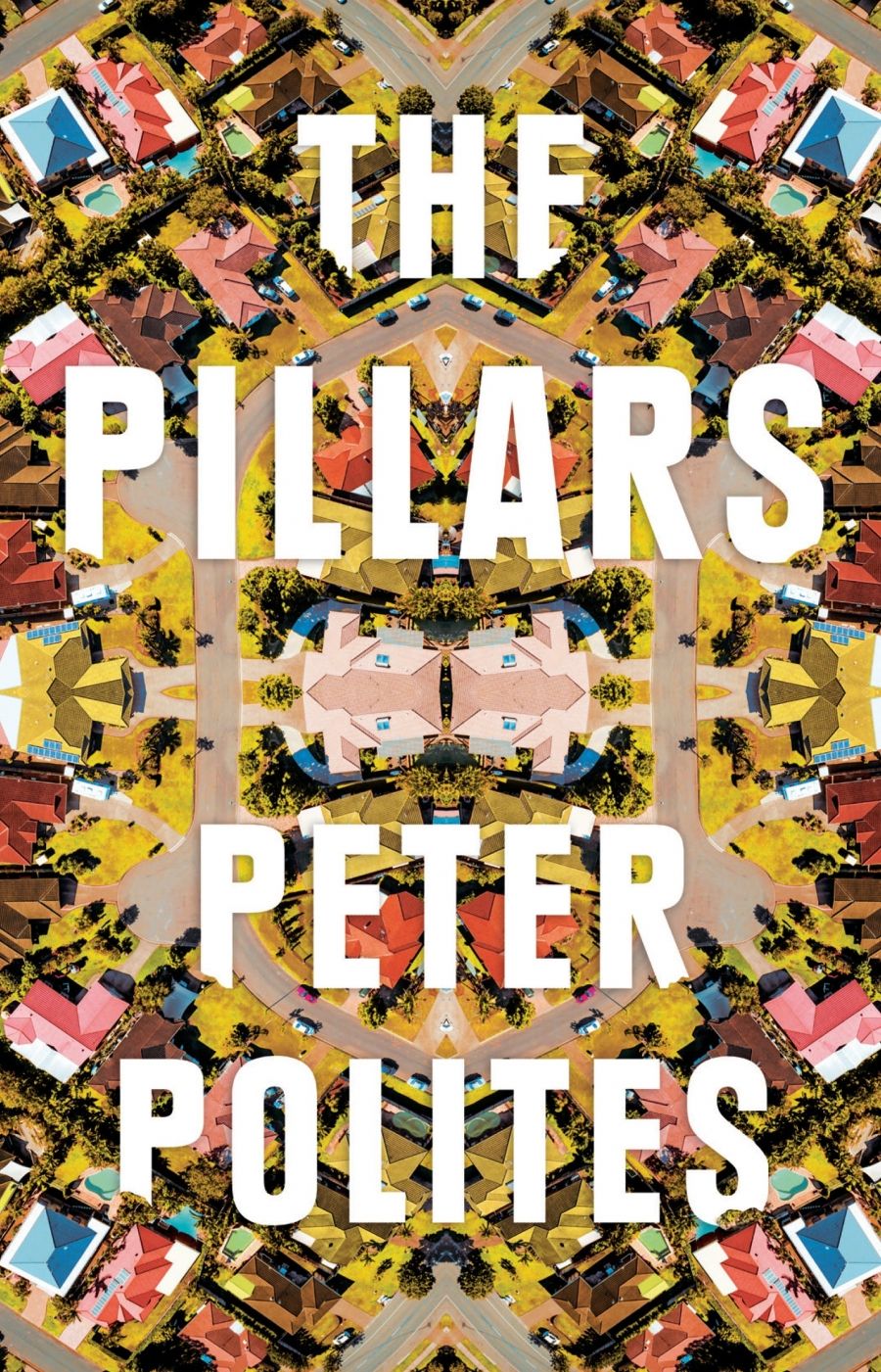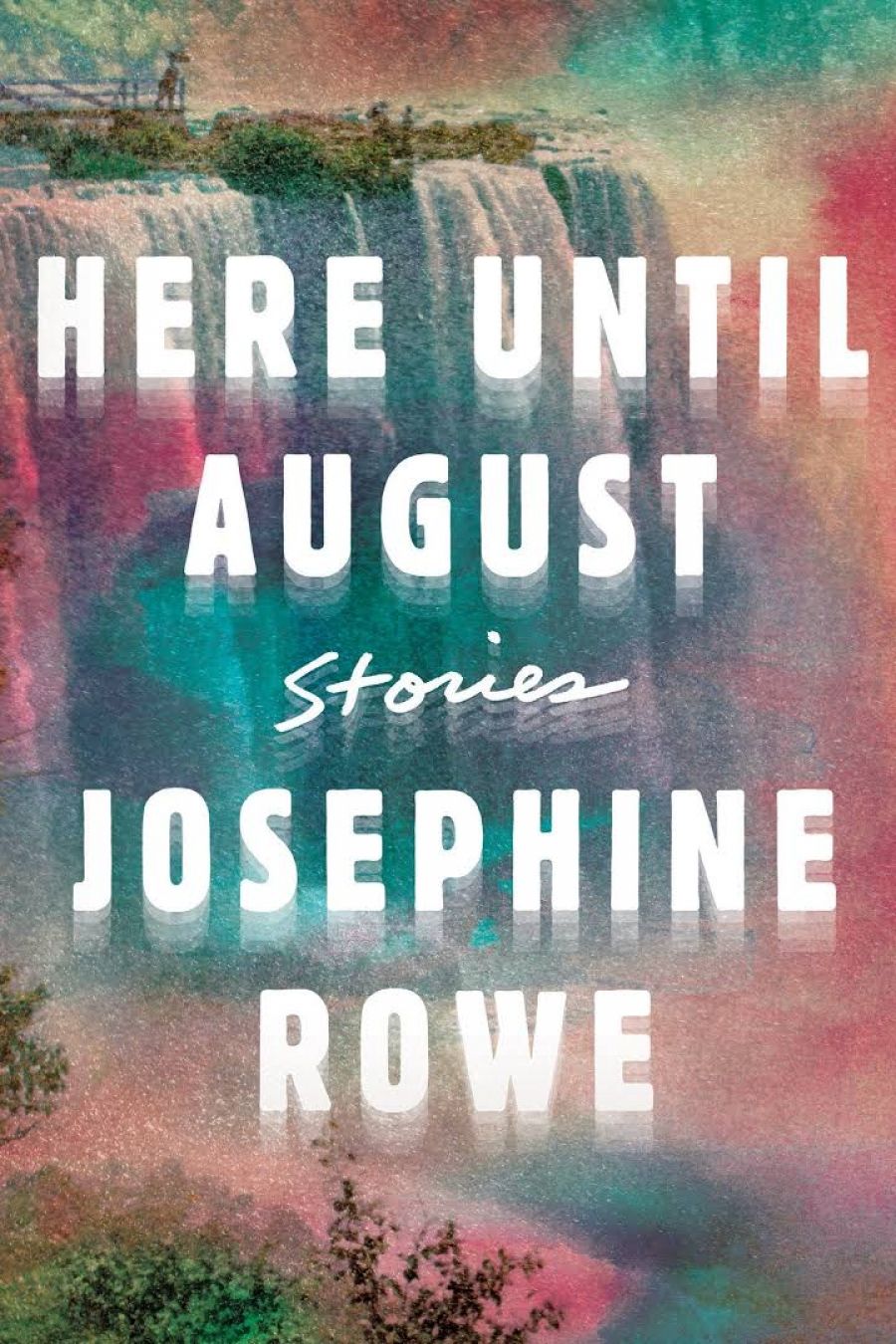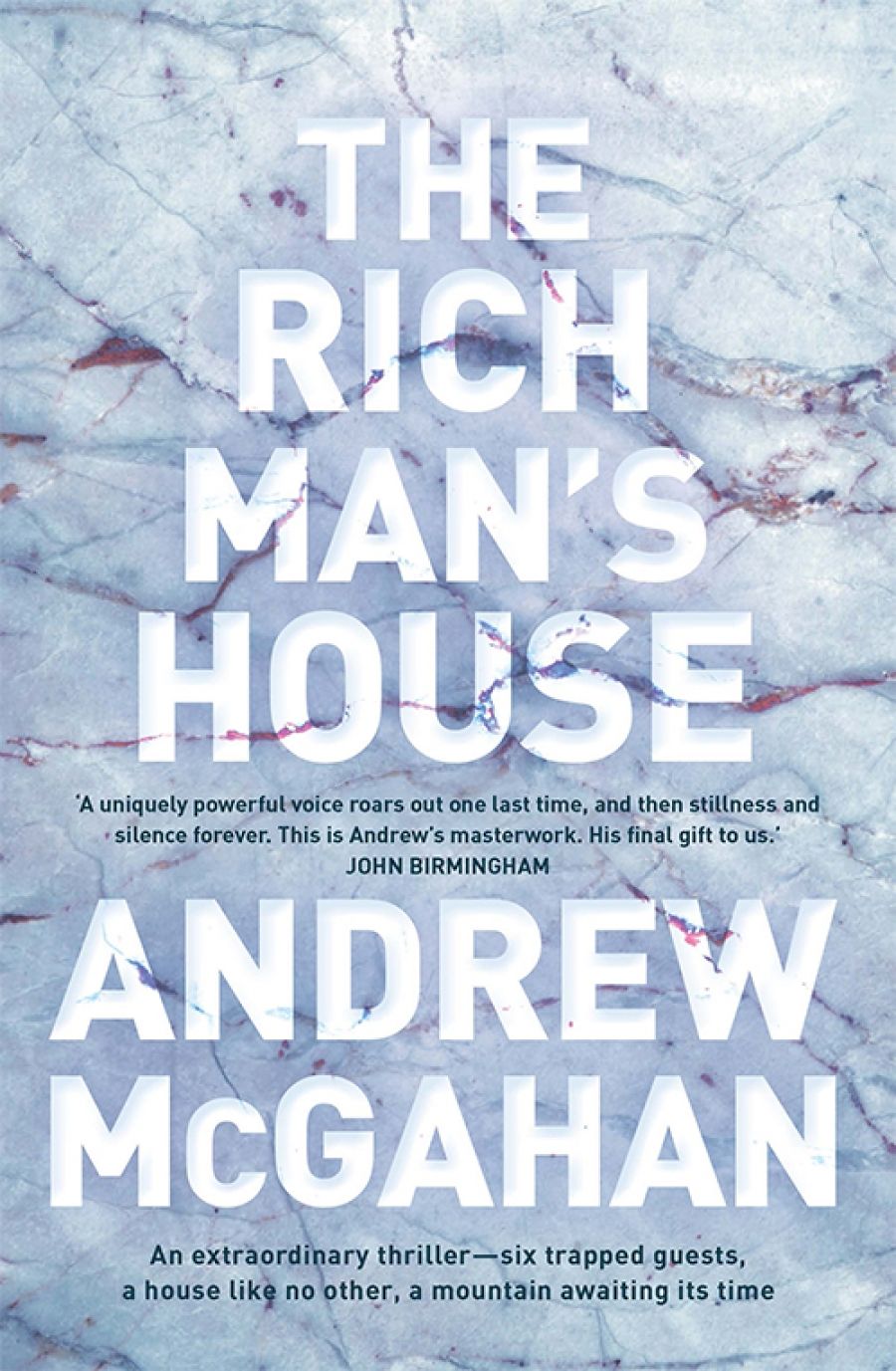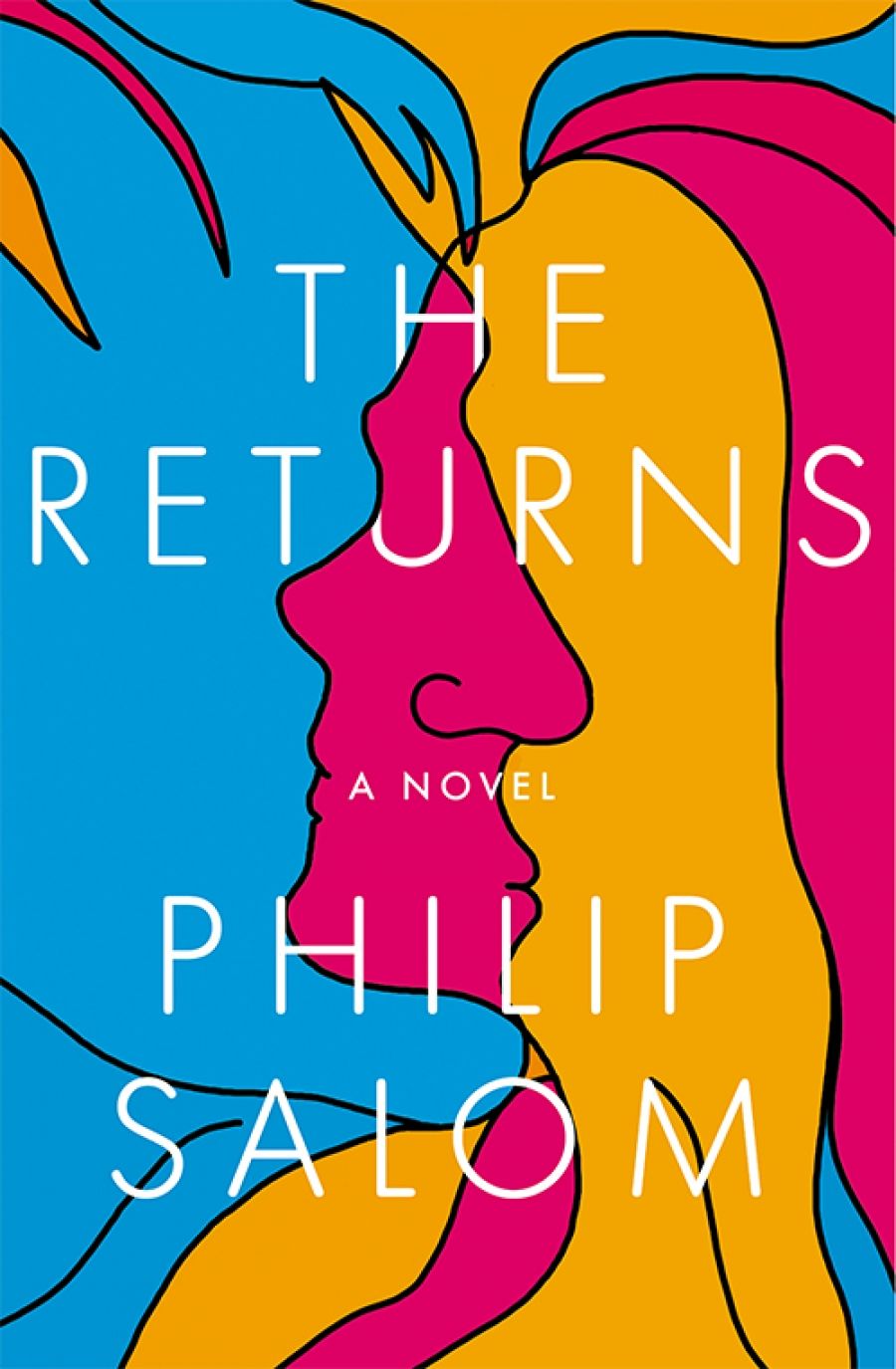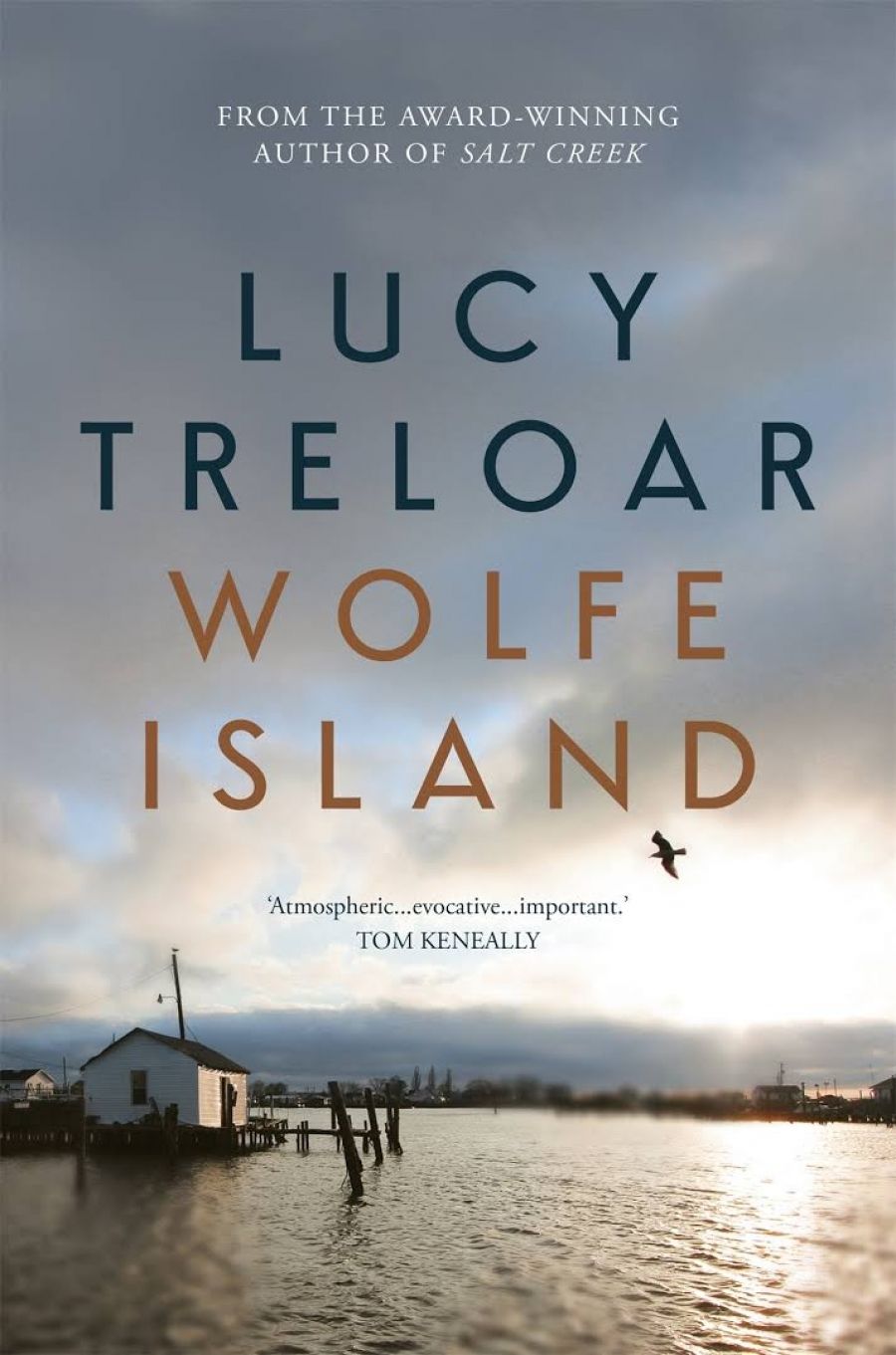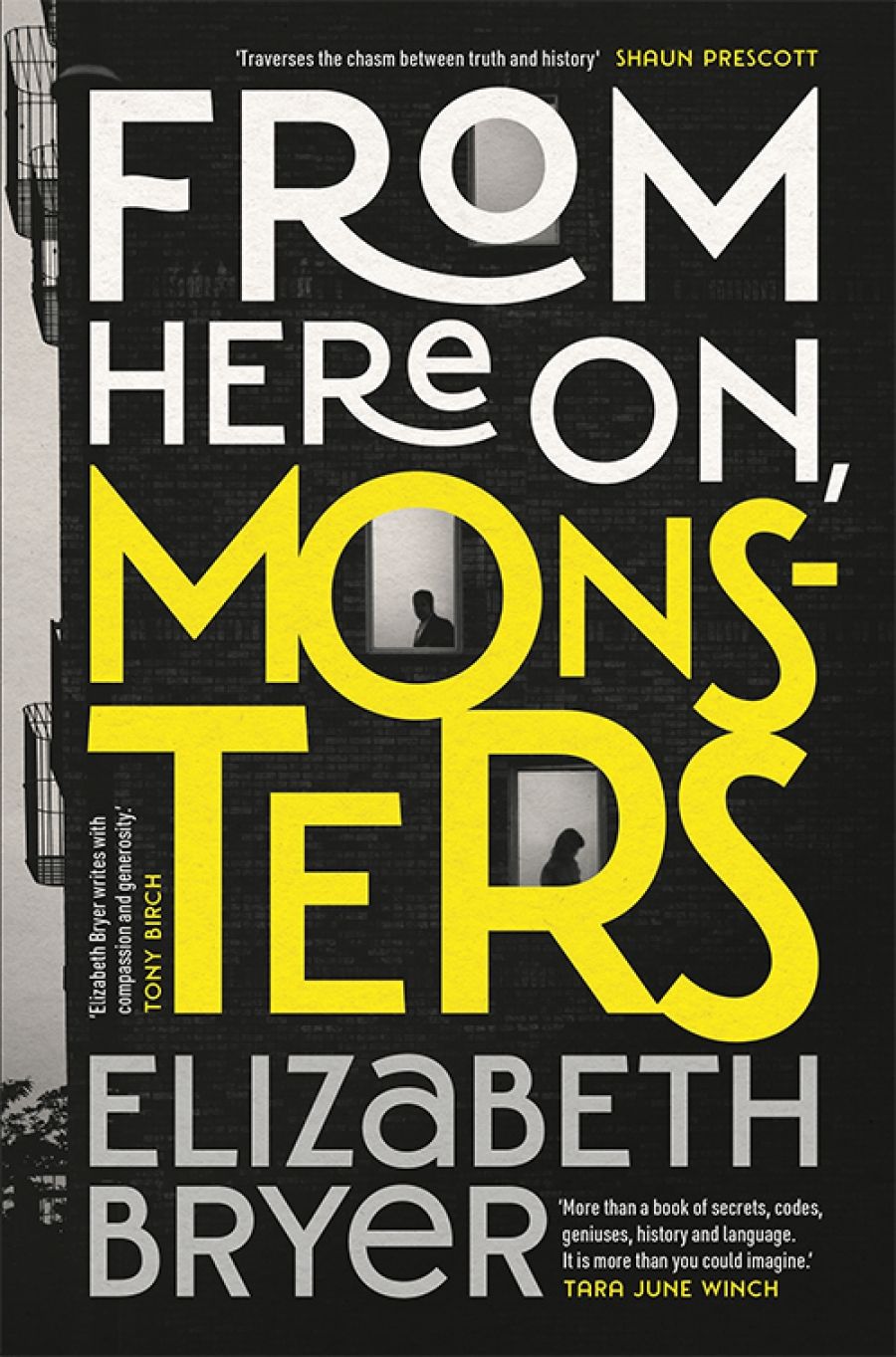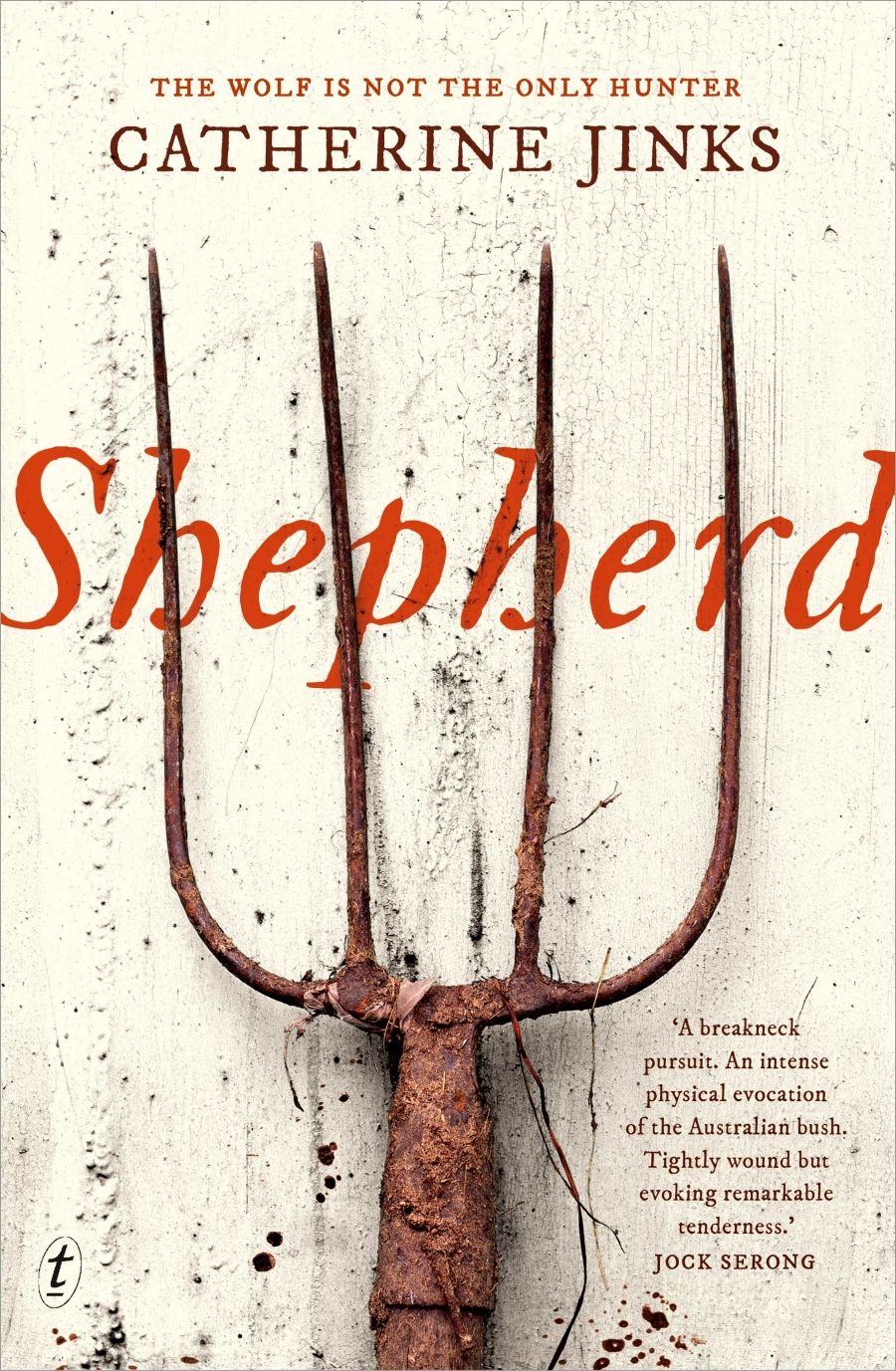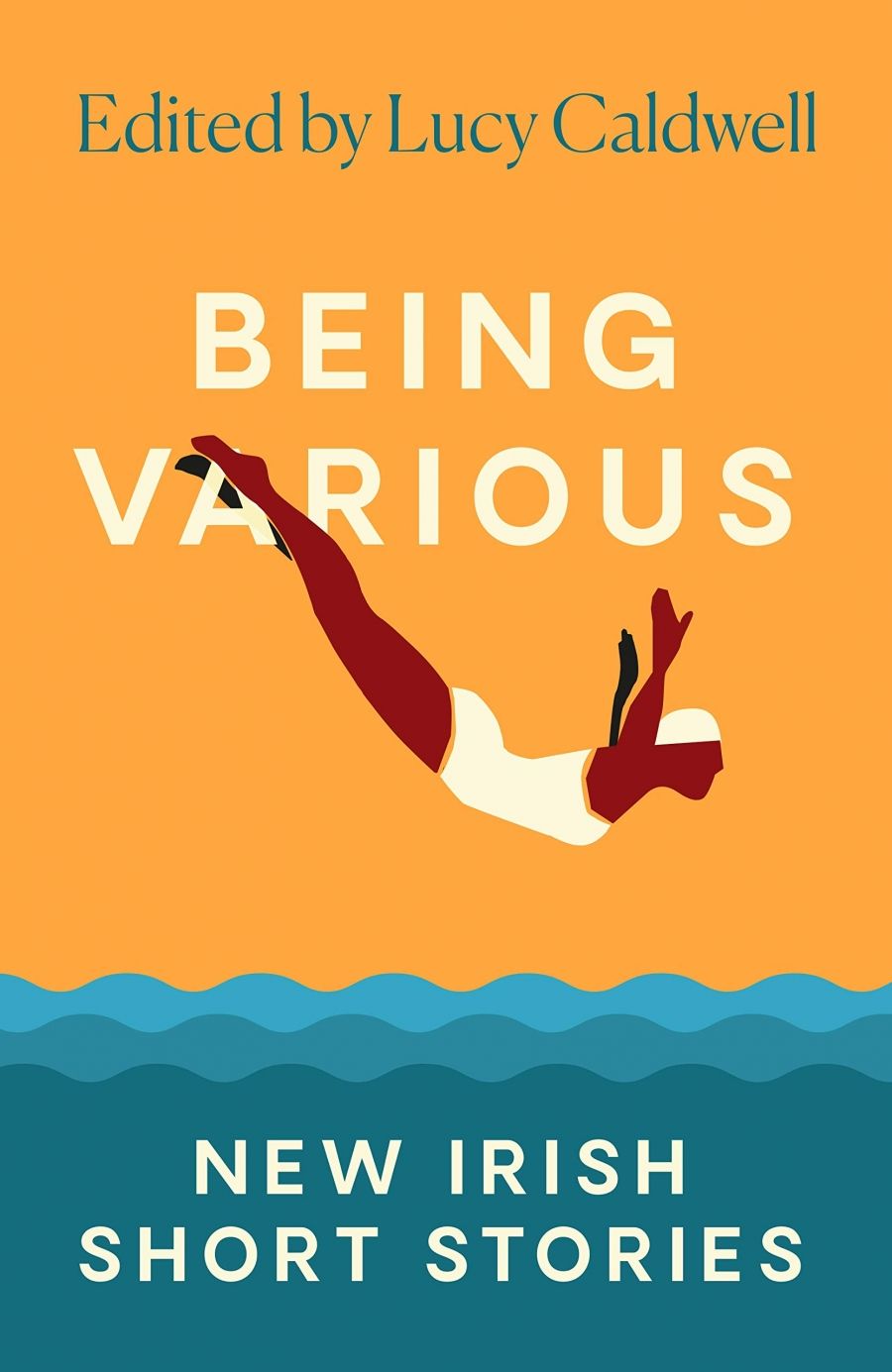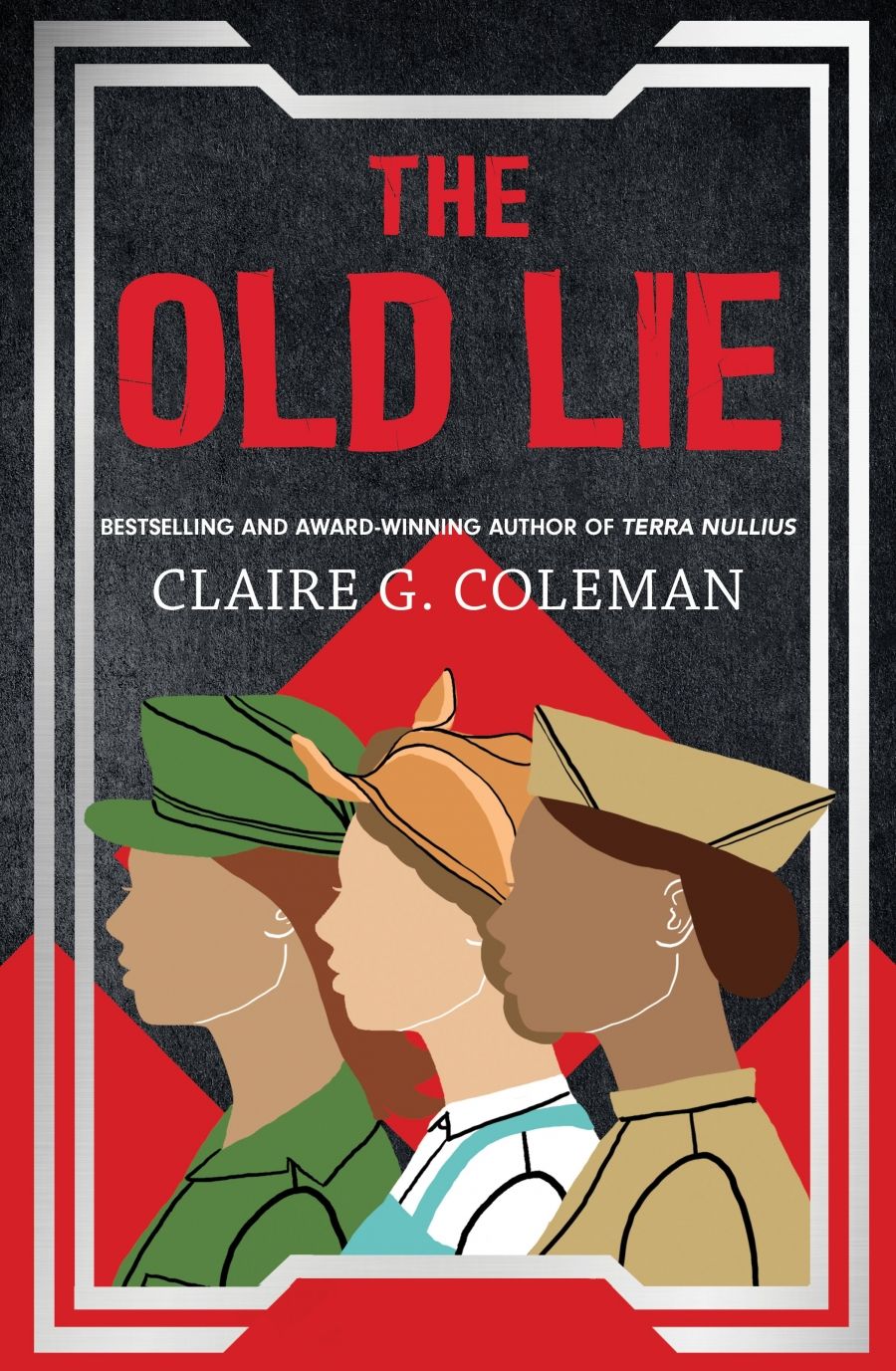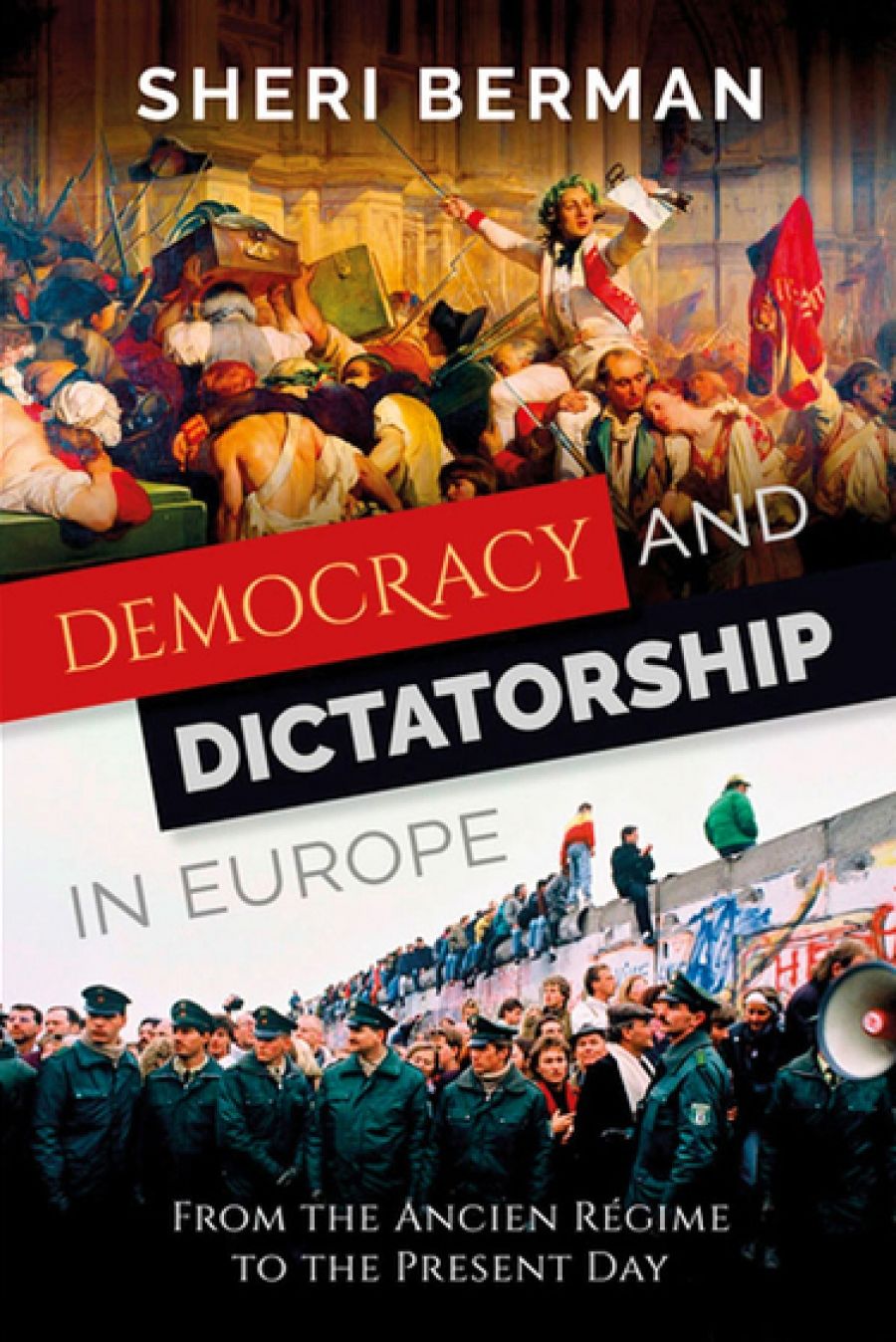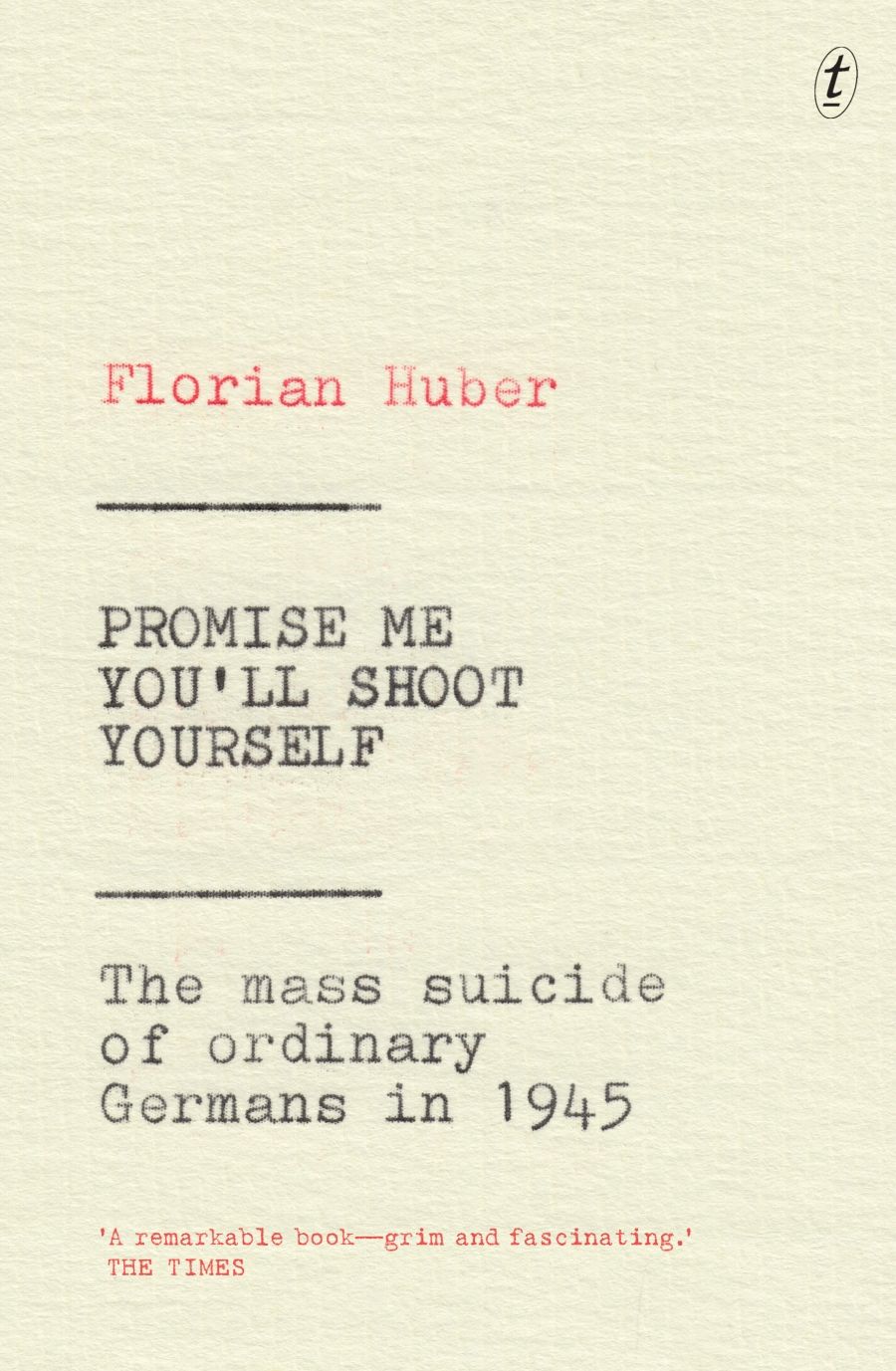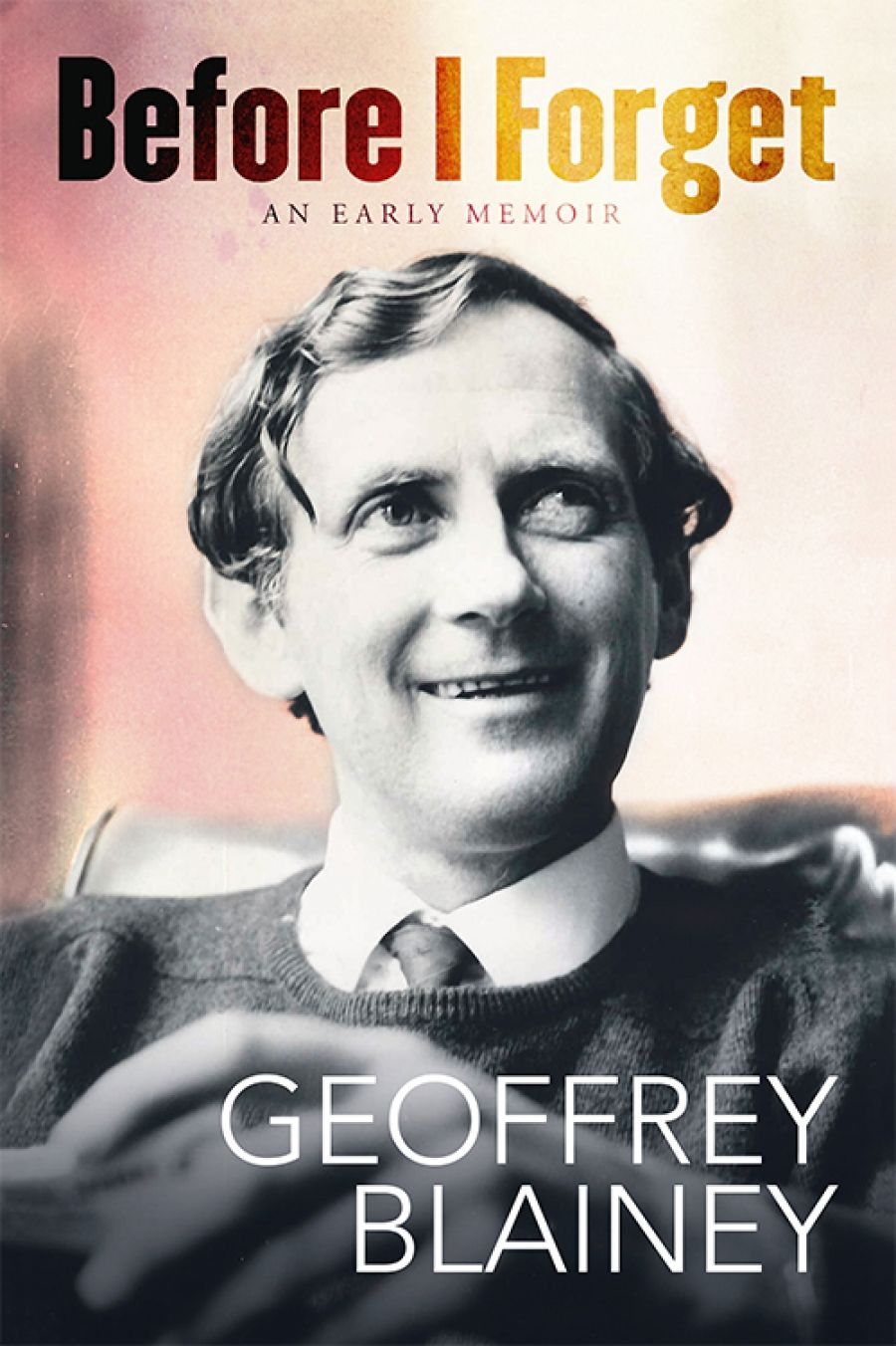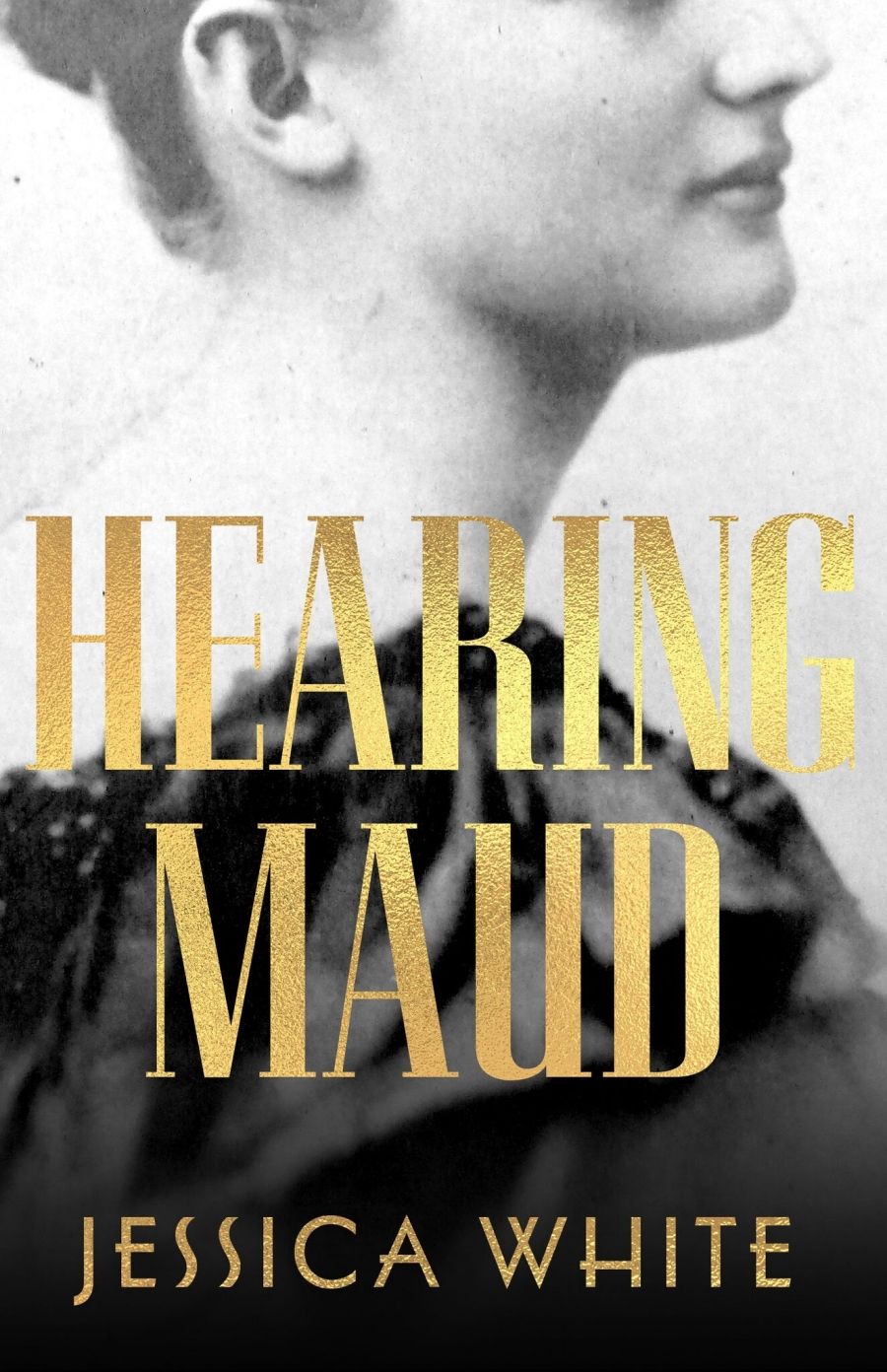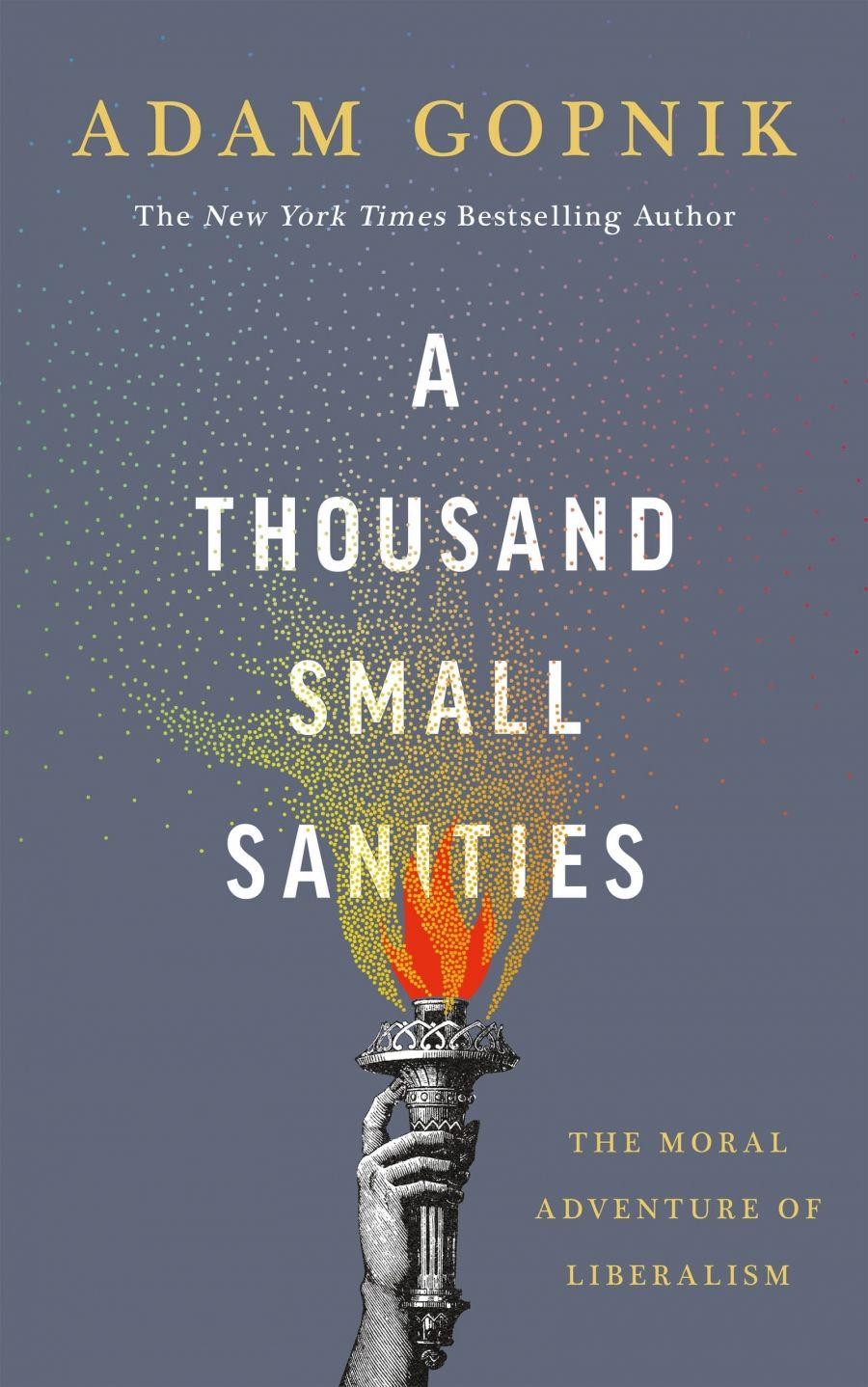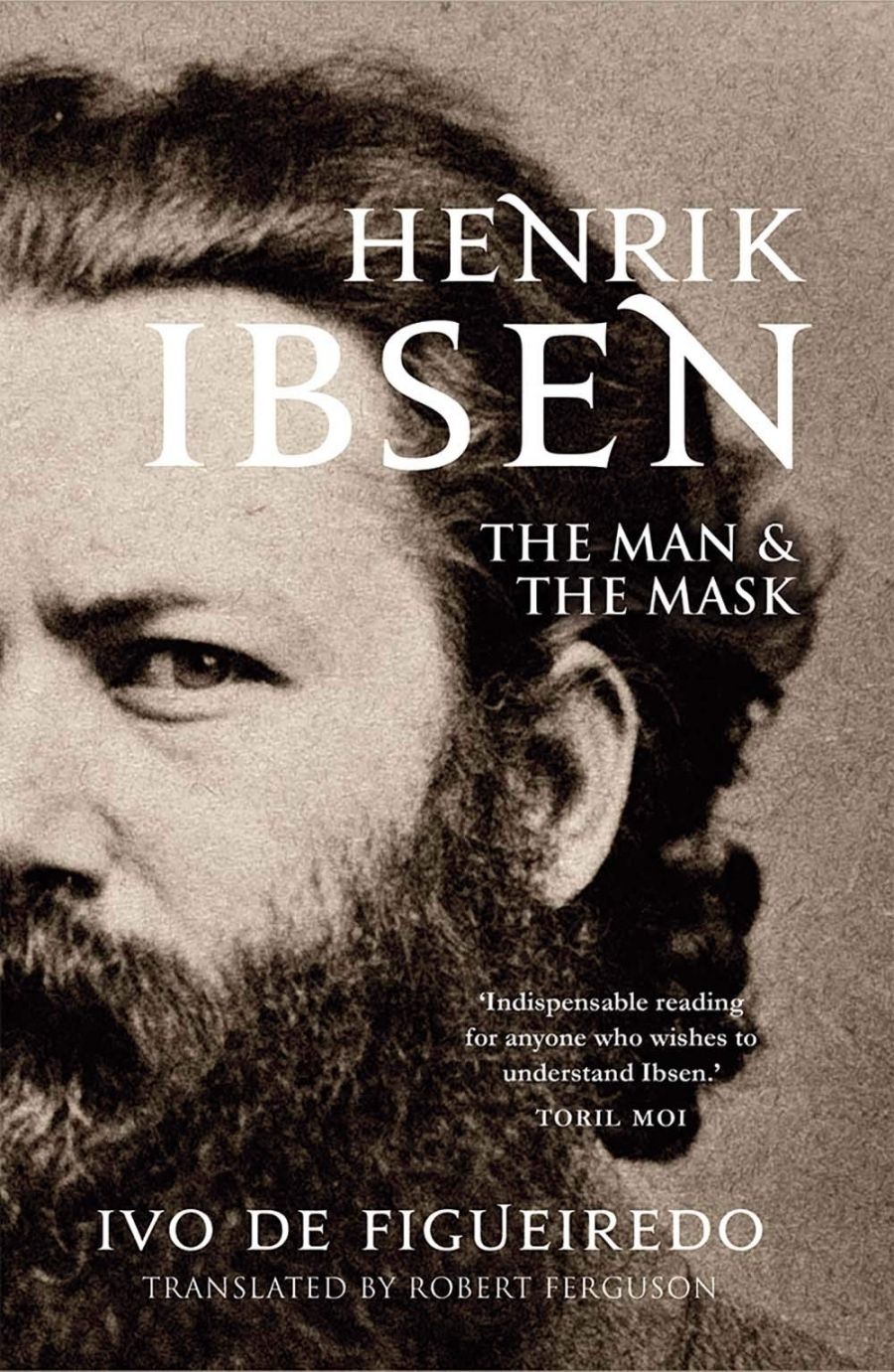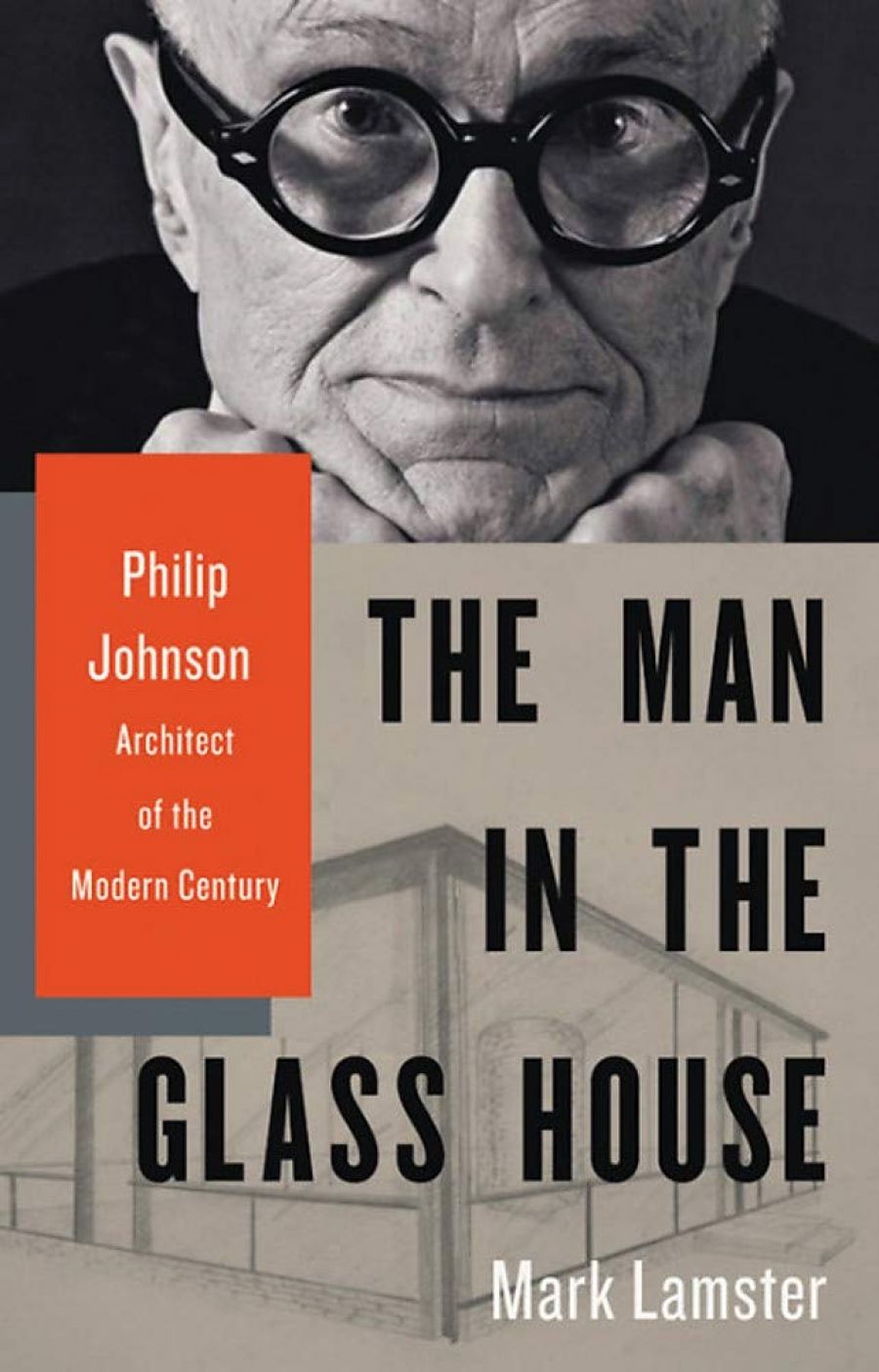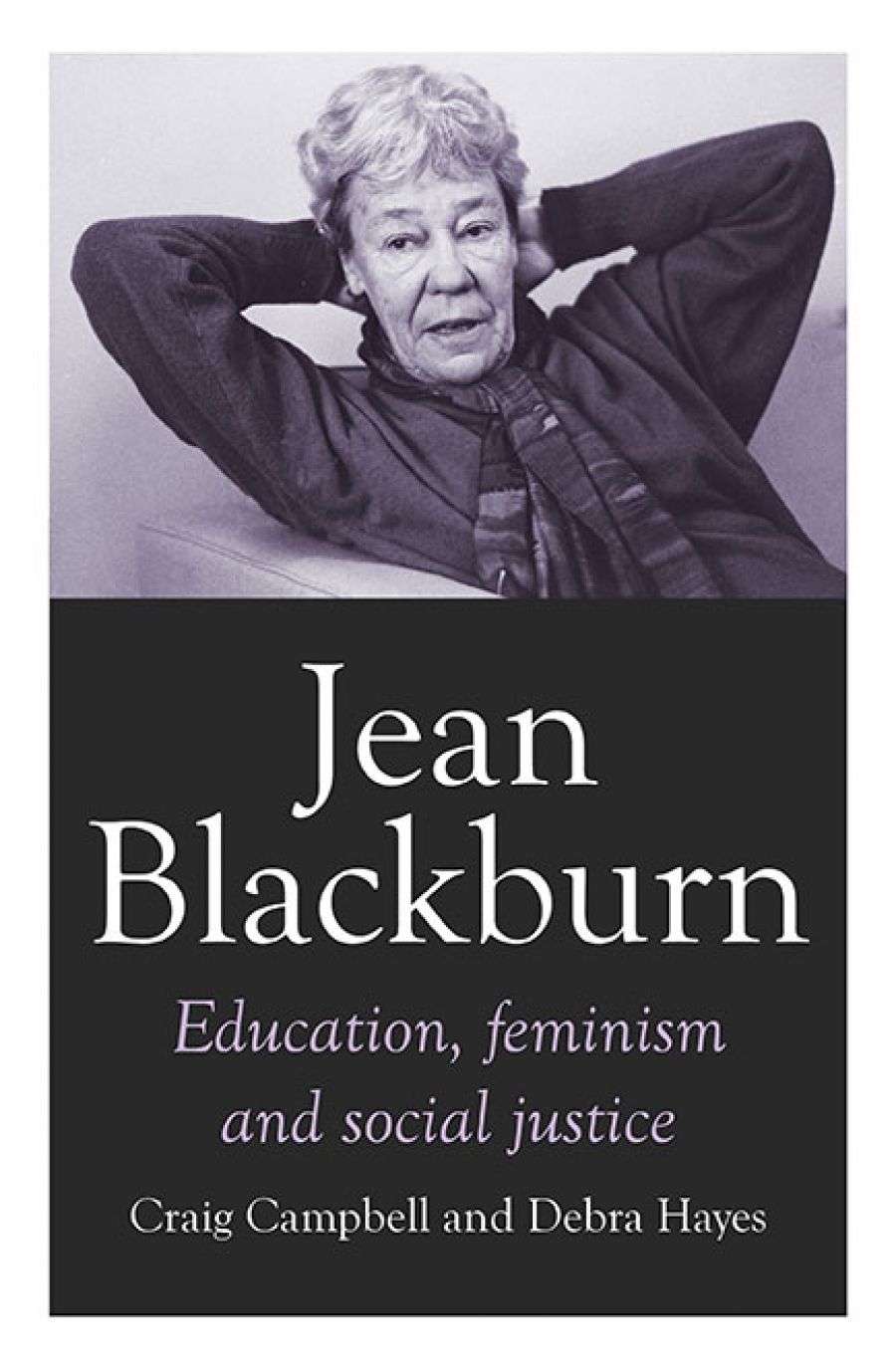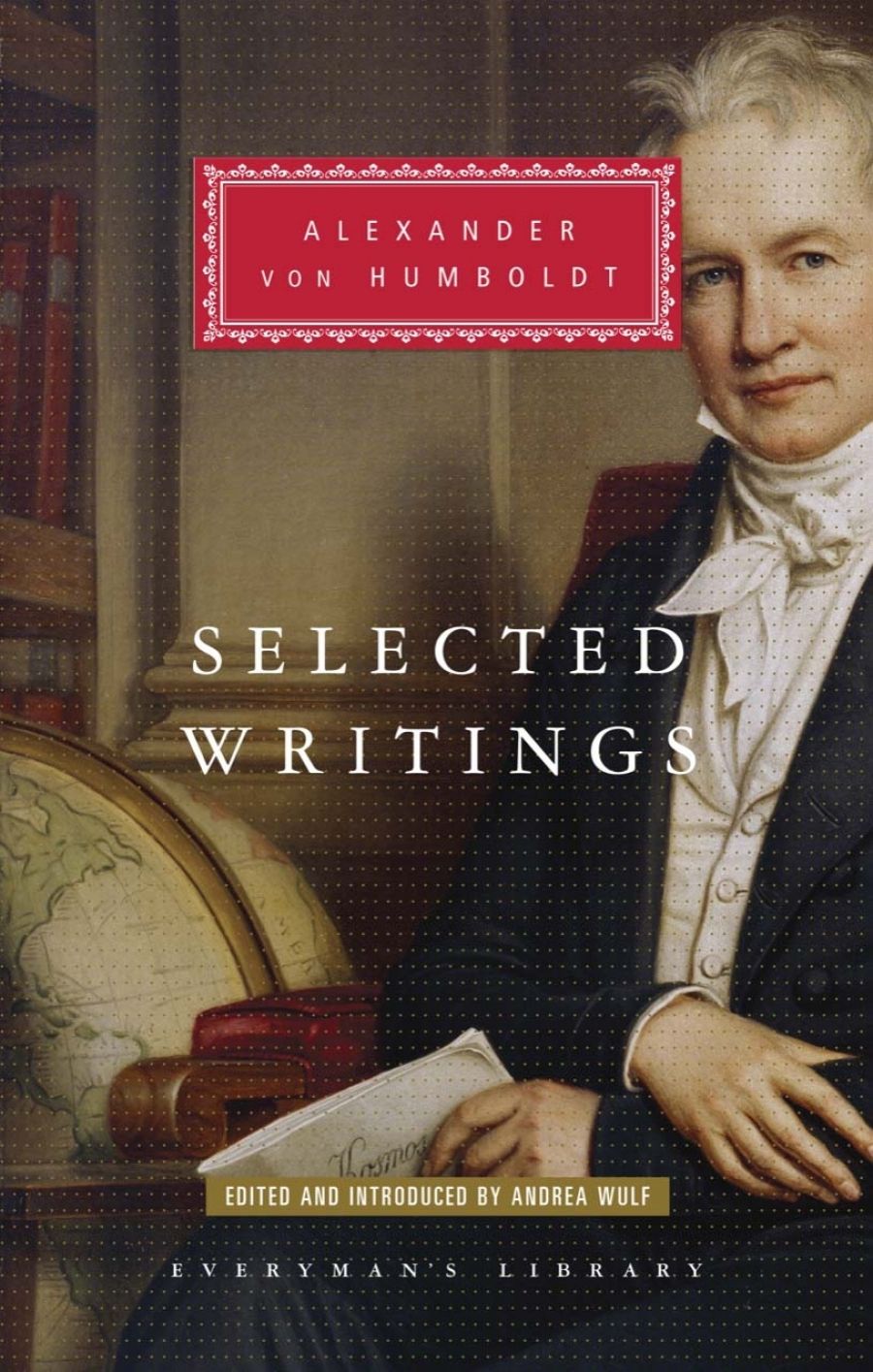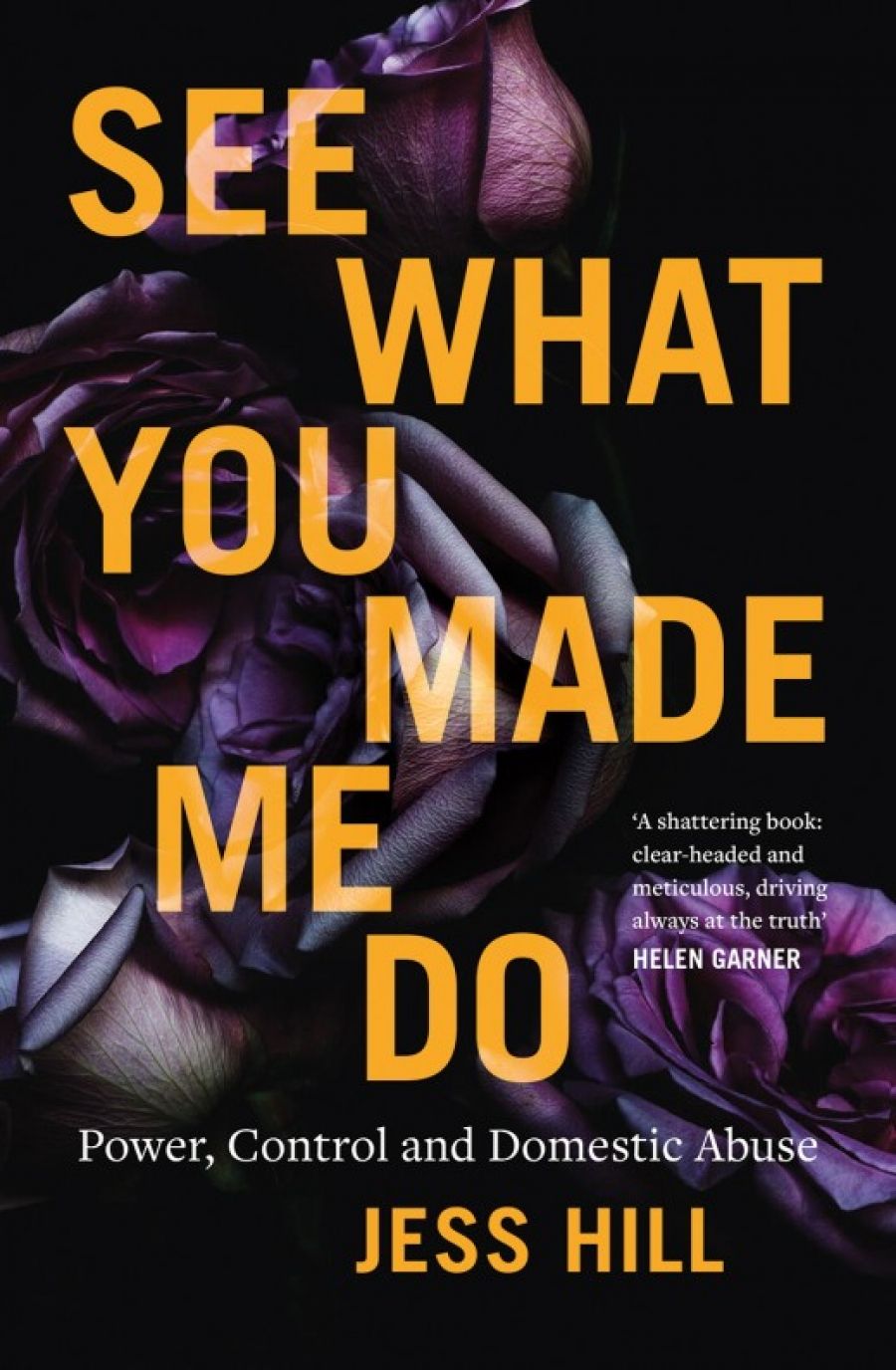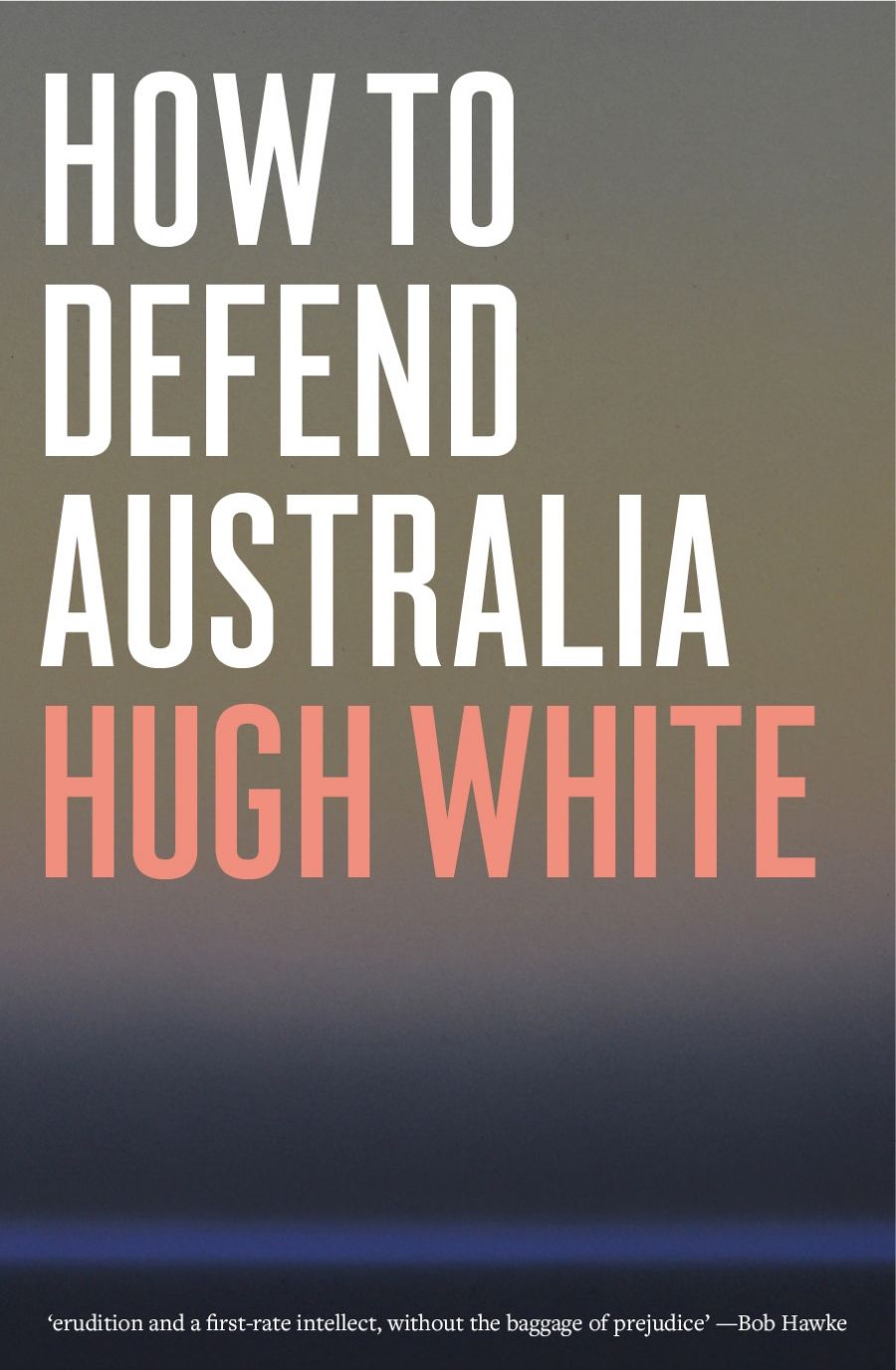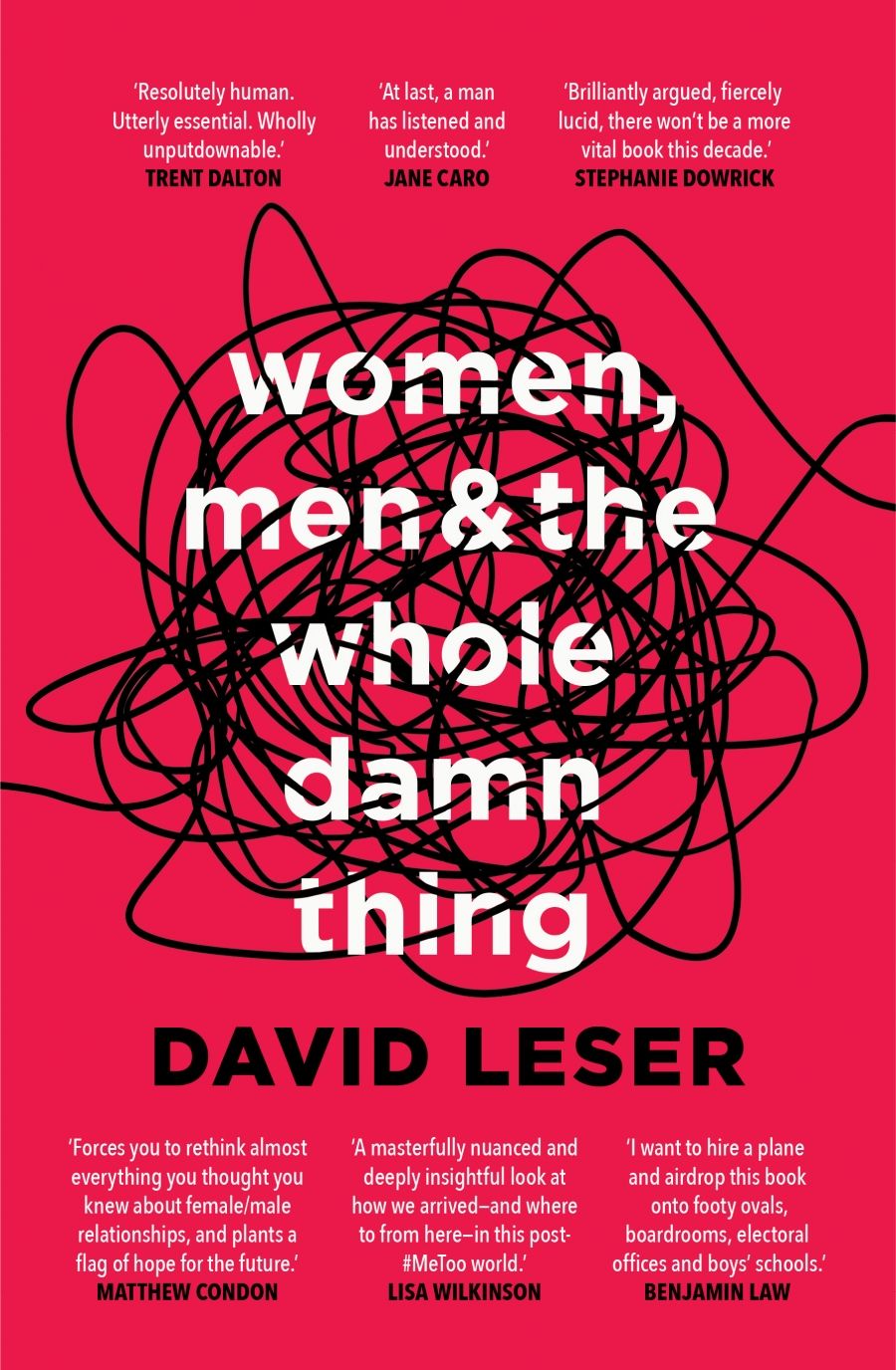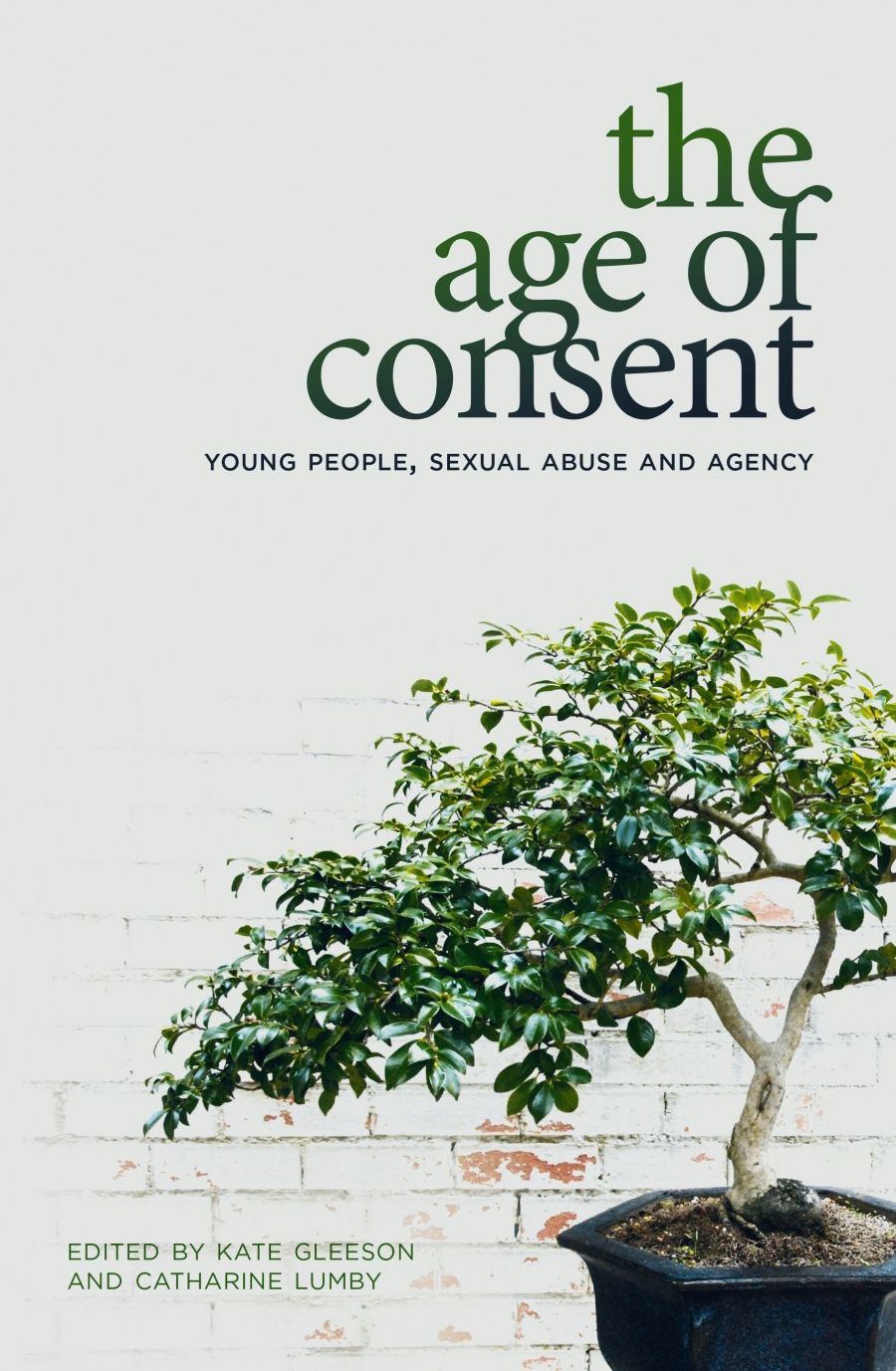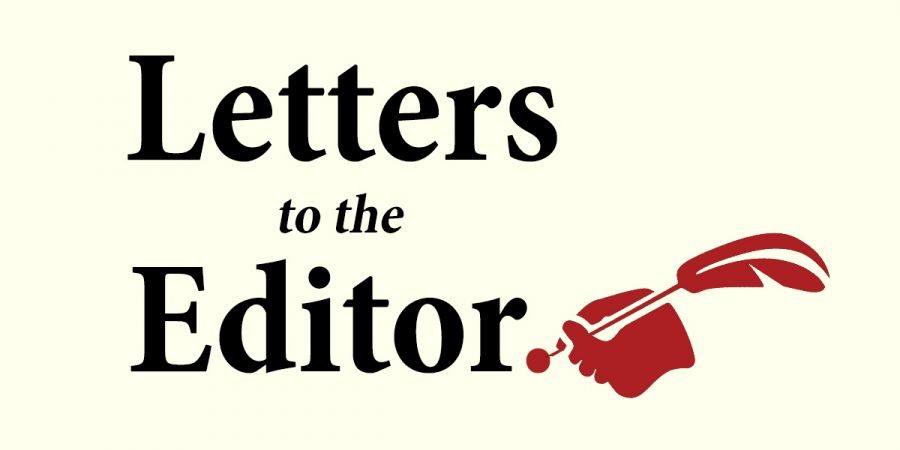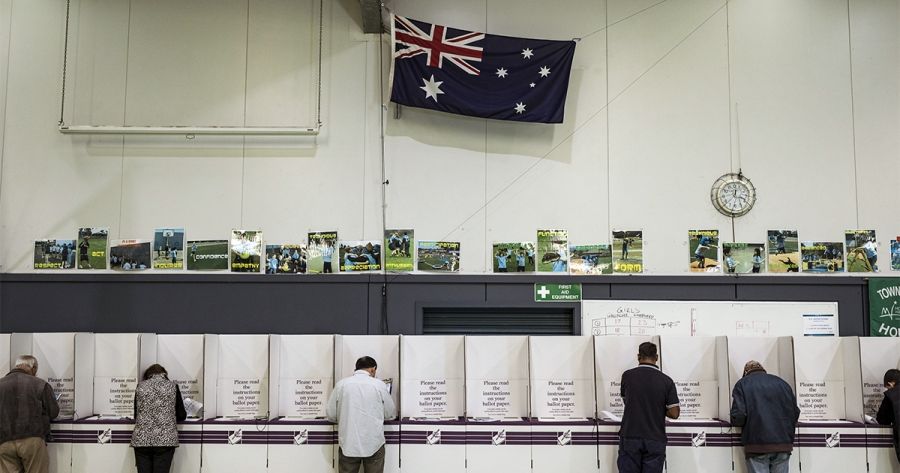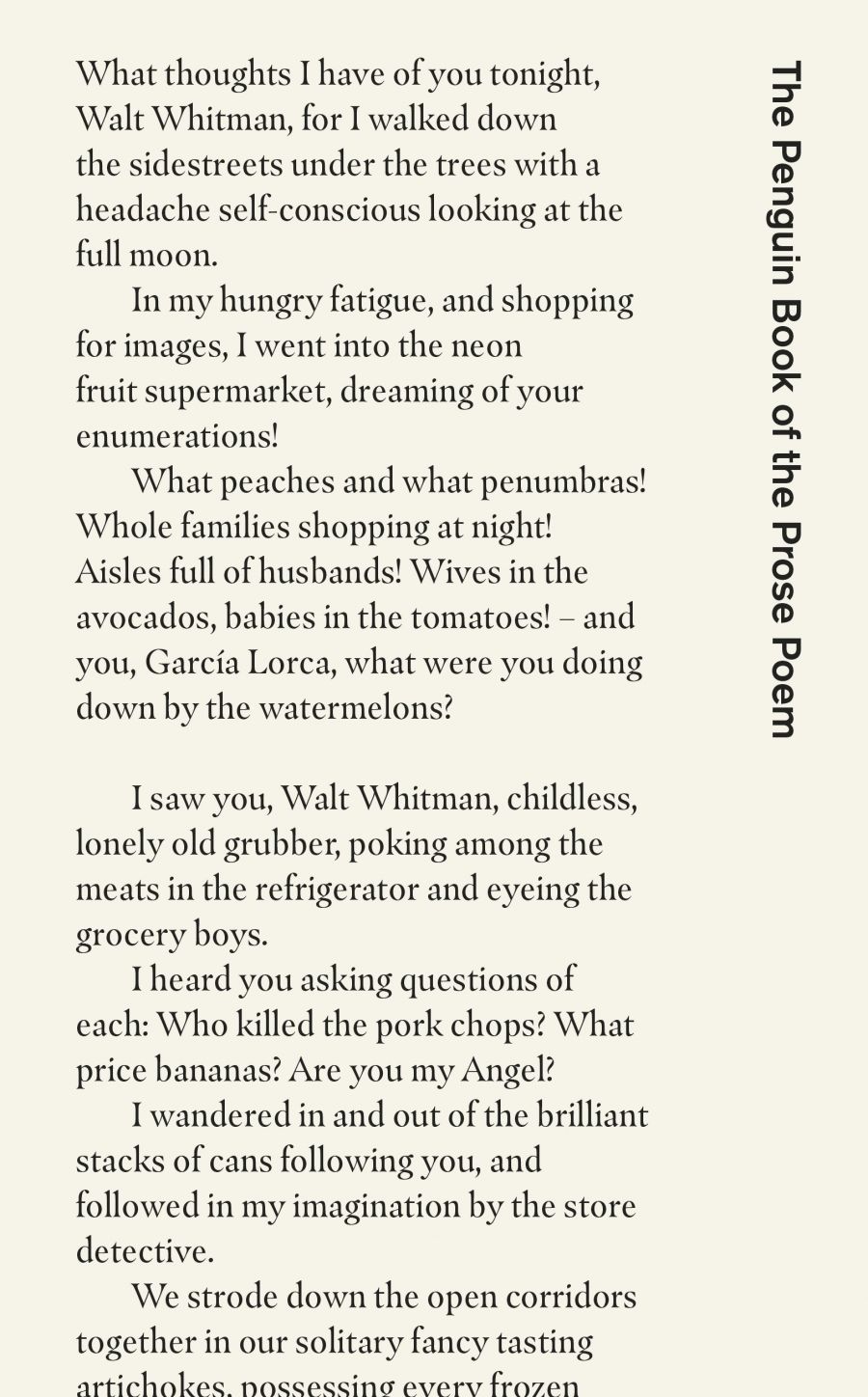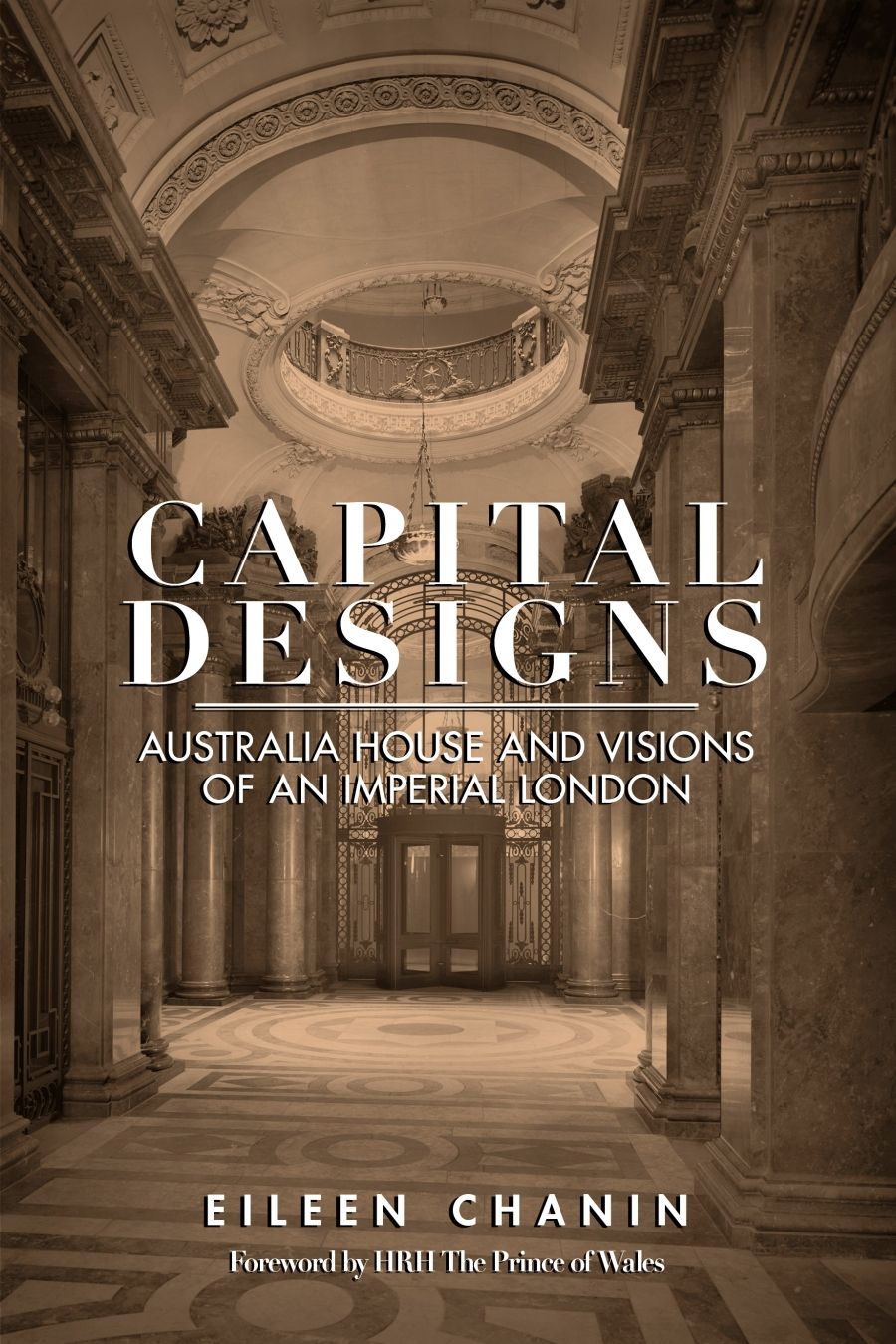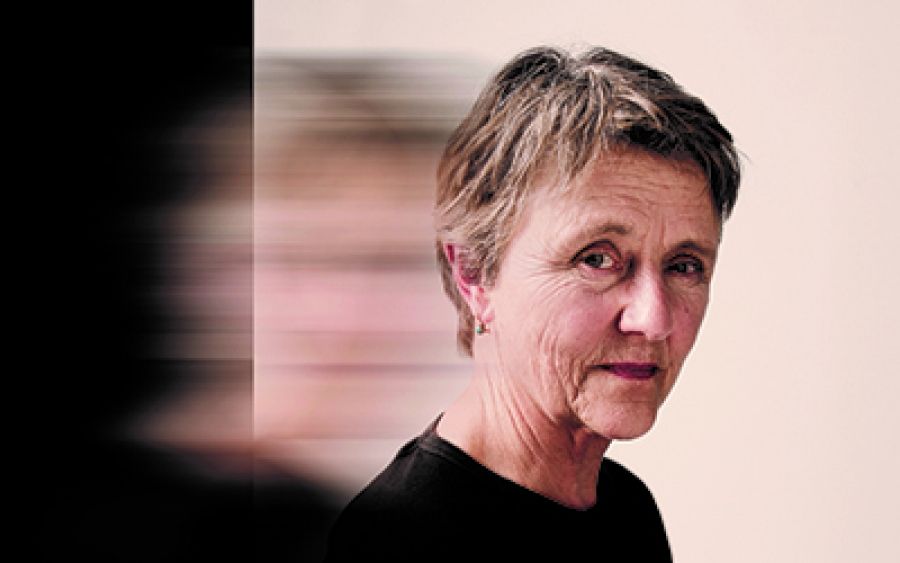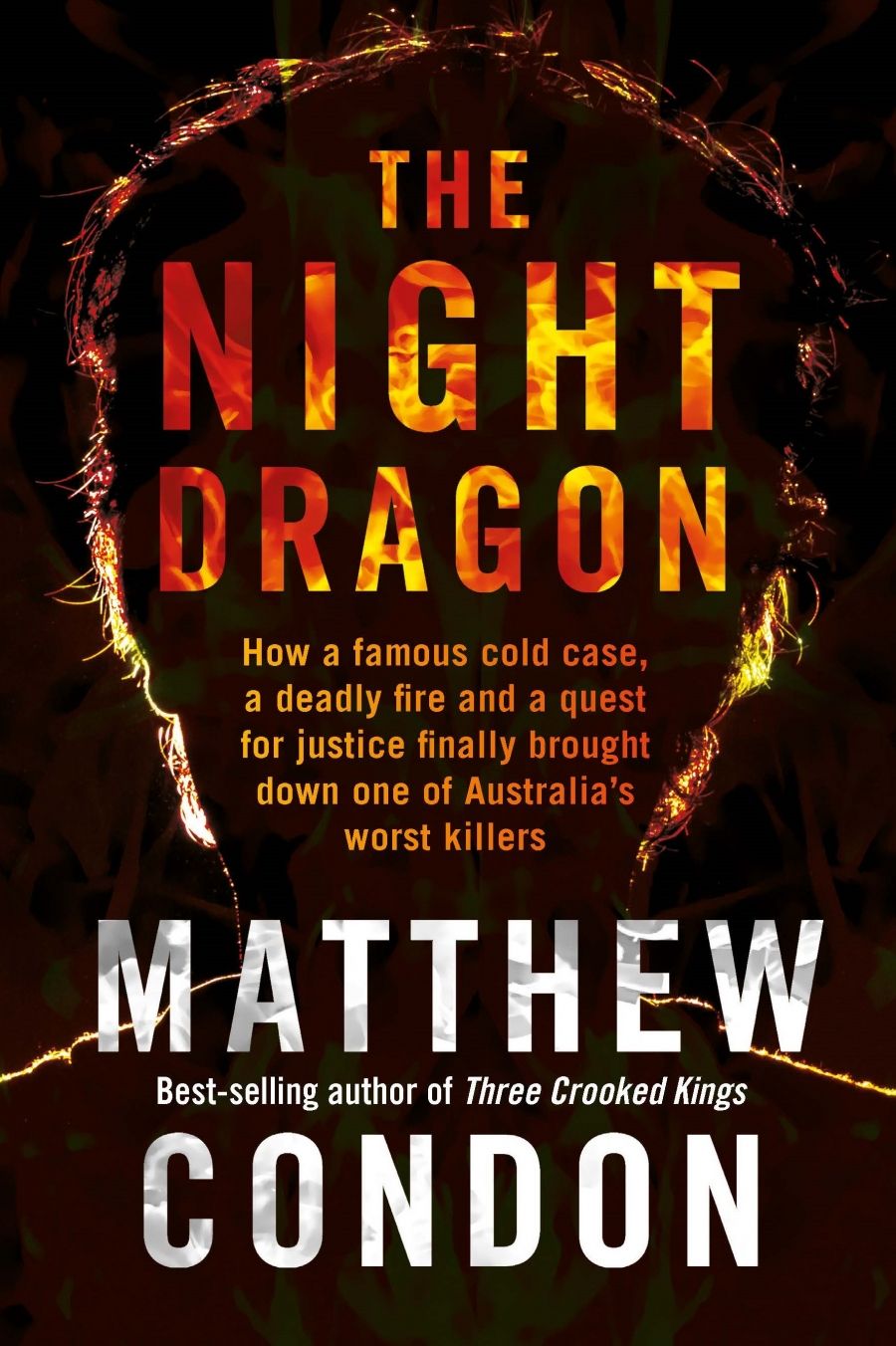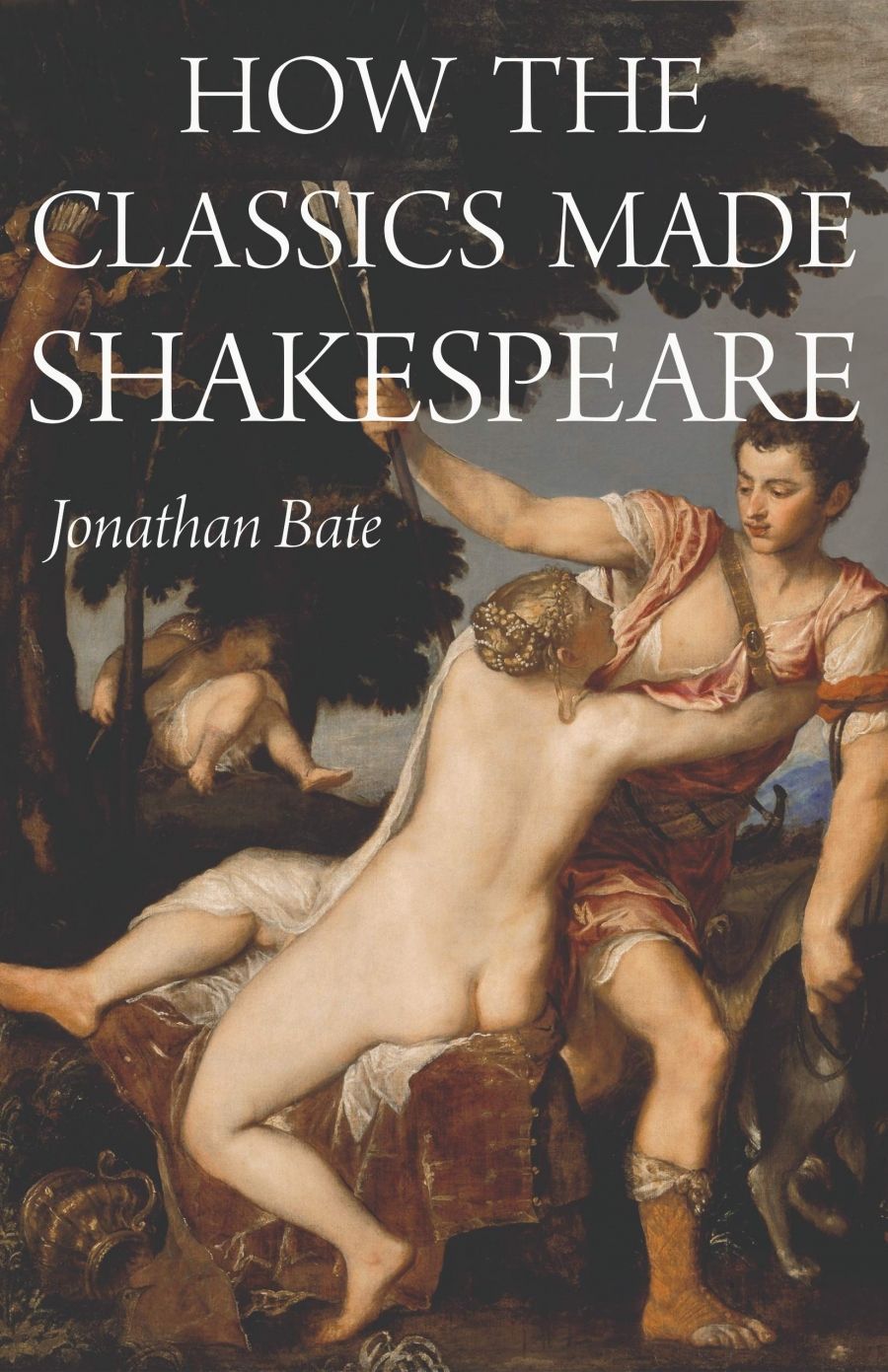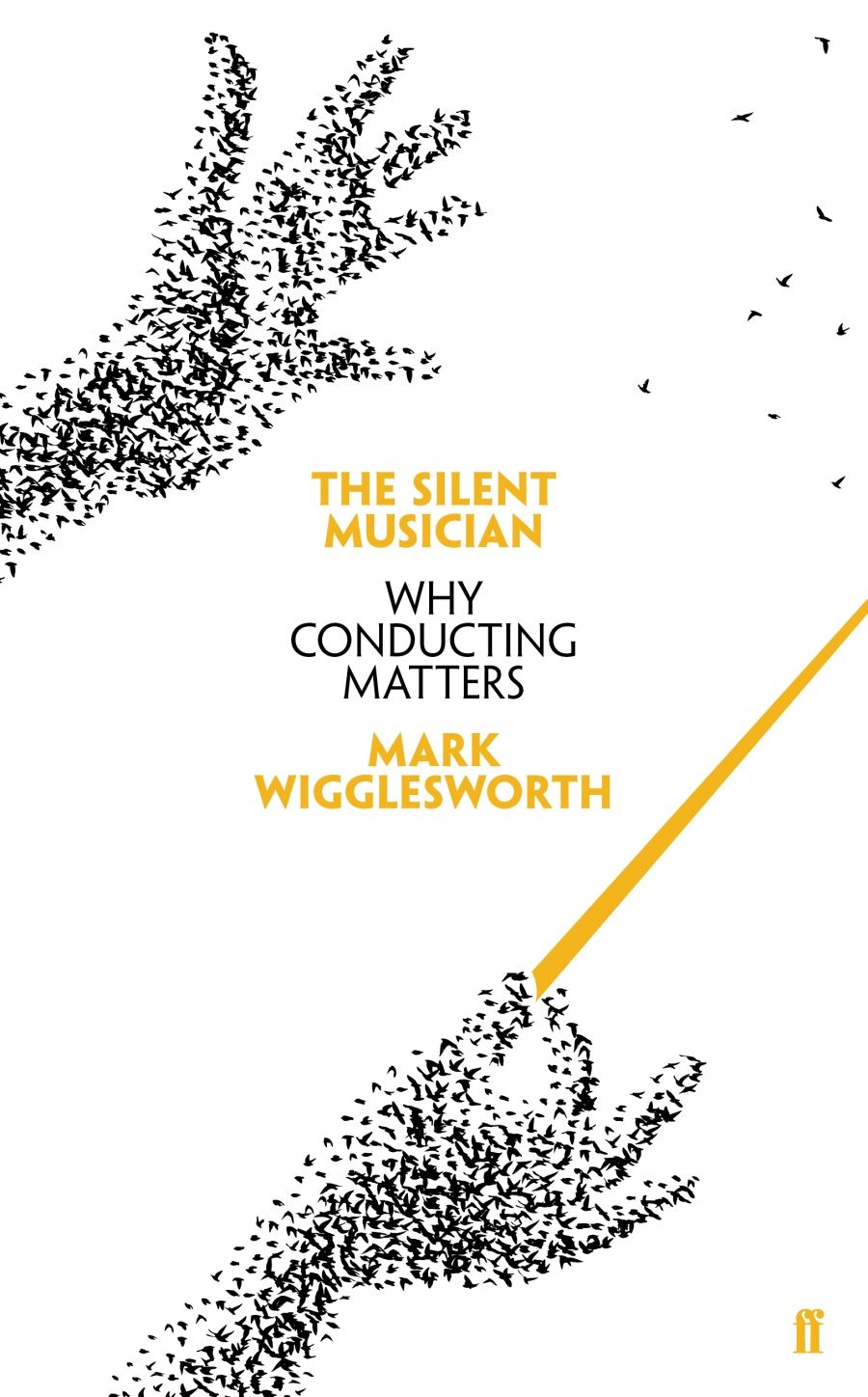In retrospect, the Morrison government’s win in May 2019 is not surprising. After the shift to the right in a number of liberal democracies since the election of Donald Trump, why did we assume that Australia would be immune? The assumption that Labor was certain to win resembled the attitude of most commentators towards Hillary Clinton in the United States in 2016. This is not to suggest that Scott Morrison is another Trump, but rather that the deep suspicion of government and the anger at the rapidity of social change that undermined Clinton were also factors in the Australian elections.
The vicious polarisation of views now evident in the United States was clearly apparent in some areas of Australia. This was reflected in the blatant racism of some senators and in the bitter divisions between pro- and anti-Adani supporters. The willingness of right-wing commentators to abandon any pretence at civility, already clear in the attacks on Julia Gillard as prime minister, is poisoning political debate and undermining confidence in government.
Over the past several decades, Labor’s base has steadily declined, with union membership now one million fewer than in 1976, despite a much larger population. Elsewhere, most notably in Germany and France, social democratic parties no longer seem viable for government. Australia is exceptional in that the choice for government remains essentially the same as it has been since Robert Menzies created the modern Liberal Party in 1944.
In 2016, Malcolm Turnbull almost lost his majority and was regarded as a failure. Morrison narrowly increased the government’s standing three years later in what is widely regarded as an extraordinary victory. Yet outside Queensland and Tasmania, little changed: in New South Wales, the parties each lost a seat; in Victoria, Labor won two, aided by a favourable redistribution.
In the end, a few thousand votes in key seats could have returned a hung parliament rather than the status quo. The 2019 election was undoubtedly a triumph for Morrison, but it was not a total disaster for Labor. Labor’s greatest decline came in the coastal cities of central Queensland, where, presumably, support for the Adani mines lost the party thousands of votes. At the same time, the Liberals were forced to put resources into defending some of the richest areas in the country: Wentworth (which includes Point Piper and Vaucluse), Higgins (Toorak and Malvern), and Warringah (Mosman).
The difference between 2019 and 2016 was largely one of expectations. Internal turmoil within the Coalition and polls showing a swing to Labor made us expect a government defeat. Just why the polls were so inaccurate is unclear, but possibly the expectation of a Labor victory caused some voters to panic on the day and change their vote.
Both major parties lost votes, but in Queensland the government benefited from a flow of preferences from Clive Palmer’s United Australia Party and Pauline Hanson’s One Nation. The government parties polled more than forty-one per cent of the vote; Labor’s share fell to a third, slightly better than in 2016, which was the lowest recorded first-preference result since 1934. Our preferential voting system supports the two major parties – more accurately two and a half, as the Nationals can win substantial number of seats with less overall support than the Greens.
The Greens polled surprisingly well and maintained all six of their outgoing Senate places, but they face the dilemma that to increase their vote, now around ten per cent of the electorate, they would need to radically discard the policies that make them unique. In the medium term, at least, they will remain an irritant and a necessity for Labor, a relationship of codependency that neither party relishes.
The government campaigned on a policy of the status quo and sought to build their campaign around the personality of the recently anointed prime minister. Labor offered a swag of policies that amounted to a redistribution of wealth in order to support greater government funding of health and education.
The government’s campaign against higher taxes seemed to persuade former Labor voters to switch. It has been claimed that Labor did particularly badly among older Australians, unhappy at Labor’s plans to limit the benefits of franking credits and negative gearing. National Seniors Australia, a lobby group as ferocious in defending self-interest as any militant union, has claimed that it delivered a two per cent swing to the government, aided by unscrupulous claims that Labor favoured a ‘death tax’. Labor’s policies of minor-income redistribution seemed least popular in the poorer parts of the country; the two seats that swung heavily in northern Tasmania are hardly centres of major dividend imputation.
Against expectations, the Liberals outsmarted Labor on almost every front. By focusing heavily on Morrison, they made the election seem presidential, gambling on the apparent unpopularity of Bill Shorten. I have long felt that Shorten’s unpopularity was largely a media creation: constant attacks on him as untrustworthy led to people responding negatively to him, which in turn fed media attacks.
The government had near hysterical support from the Murdoch press, which turned on Labor with greater vituperation than usual. (A former Murdoch journalist, Rick Morton, has written of the press’s stoking of ‘culture wars’ [‘Murdoch media fuels far-right recruitment’, The Saturday Paper, 10–16 August 2019].) It is likely that the government also used social media more effectively than Labor, although it’s hard to get reliable evidence. From what evidence we have, the right was far more successful in running a scare campaign, drawing on tropes already rehearsed in the United States and United Kingdom.
We don’t yet have reliable demographic analysis of the elections, but it seems that the government was more successful than Labor in winning support among certain ethnic communities. The clearest example of this comes from the Melbourne electorate of Chisholm, which both sides expected Labor to win. Chisholm has a large recently arrived Chinese community and both major party candidates were Chinese-Australian women. The Liberal, Gladys Liu, used Chinese-language social media very successfully, building on her role in the campaign opposing marriage equality. (There was a swing to Labor in Chisholm, and we don’t know how far Liu’s campaign may have moderated that.)
The steady drip of right-wing paranoia over the past few years has created an audience for crude attacks on anyone threatening the political and cultural status quo. Labor’s attempts to neutralise these attacks have resulted in pusillanimous policies on asylum seekers and constant temporising on coal mining, which has bled off votes to both Greens and Liberals.
In an unsympathetic article after the election, Parnell Palme McGuinness argued that ‘Labor must change or die’ (AFR, 10 July 2019). This is pure hyperbole; similar articles appeared about the Liberal Party after their defeat in 2007. Neither party can rely on the automatic loyalty of earlier generations, and both Labor and Liberal remain vulnerable to attacks from their flanks as they seek to balance the competing demands of an increasingly complex electorate.
Labor’s problems were not that they promised too much; in the case of Newstart, they should have promised more. Rather, they failed to construct a meaningful alternative to the dominant neo-liberal scripts that have hollowed out belief in government and extolled individual affluence. The Liberal slogan ‘The Bill You Can’t Afford’ rested on forty years of relentless propaganda painting taxation as robbery, rather than the way in which we collectively pay for services from which we all benefit.
One of the abiding myths of Australian politics is that Labor are bad managers of money. Morrison consistently played on fears that a Labor government would mean higher taxes and power bills. Bill Shorten and Chris Bowen answered these criticisms repeatedly, but their rational economic arguments were swamped by a distrust of politicians. What Labor described as fairness was attacked as the politics of envy and class warfare, even though the changes in taxation proposed were aimed at removing extraordinary perks that disproportionately favour the best off.
The most disappointing contradiction of our politics is that, while most Australians are aware of the threat of climate change, the government is aligned with Trump’s United States in denying the urgency of the issue, and this appears to have cost them little support. Climate change remains a boutique issue, one that swept away Tony Abbott and produced swings to Labor in the richest areas of our cities, but one that is ignored in current debates about Australia’s future in an unstable global environment.
Foreign policy played no part in the election debates; our new foreign minister, Marise Payne, is both highly competent and largely ignored by the media. Rapidly growing tensions between China and the United States demand more than platitudes about bipartisanship from both parties. A government that was genuinely concerned about the fate of Pacific Islands nations would worry less about increasing military expenditure and more about the realities of global warming.
Reconciling the needs for greater sustainability and a more equitable society is the challenge facing any party that challenges the Morrison government. If Labor follows the advice of those who wish to jettison its policies, there will be less, not more, reason to support it. It is strange to define refunds to people who pay no tax as somehow rewarding ‘aspirationals’.
To convince people living in those marginal areas of our suburbs and regional towns where elections are decided, Labor needs to portray a better world, which means restoring the belief in politics as a means of solving problems that individual aspiration cannot. The challenge for the mainstream left is to capture the public’s imagination by demonstrating how change benefits both the individual and the broader society.
In his campaign, Morrison appealed to self-interest, Shorten to altruism for the common good. That the former won out, even if narrowly, is grounds for regret but not necessarily for pessimism. Recent actions by state governments – allowing abortion and the right to die; the development of treaties with Indigenous Australians – remind us that this is not the United States.
Too often Labor seems to be intent on scoring debating points rather than creating a positive story that counters the deep distrust of government that is now prevalent. It is always harder for those who want change than for those who wish to preserve existing structures. Both Gough Whitlam and Paul Keating challenged Australians to think beyond immediate self-interest and were loved and hated as a result. As Robert Kennedy said: ‘Some men see things as they are and ask why. I dream of things that never were and ask why not.’
